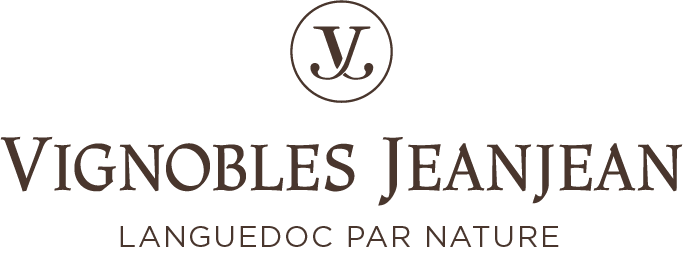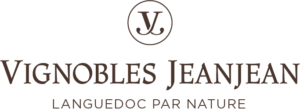Les vignobles Jeanjean : 8 estates that go beyond BIO
All our estates have been organic for several years, but we want to take our environmental approach even further! Our estates are all involved in initiatives to promote biodiversity. From bee-keeping to wine-forestry to eco-pasturing, we are multiplying our actions in collaboration with local players to preserve and regenerate our unique and precious ecosystems.
The logos below symbolise all the practices implemented on our estates.

Our actions to promote biodiversity on our estates and in our cellars
Since 2021, all our estates have been certified organic, a process we began in 2010. But for Brigitte Jeanjean, we need to go further! Here’s a summary of the steps we’re taking on our estates.
ORGANIC FARMING
Organic wines are produced in accordance with strict rules, both in the vineyard and in the cellar. No synthetic treatments are authorised (only natural products such as sulphur or copper are tolerated) and the maximum doses of sulphur are lower than for conventional wines.
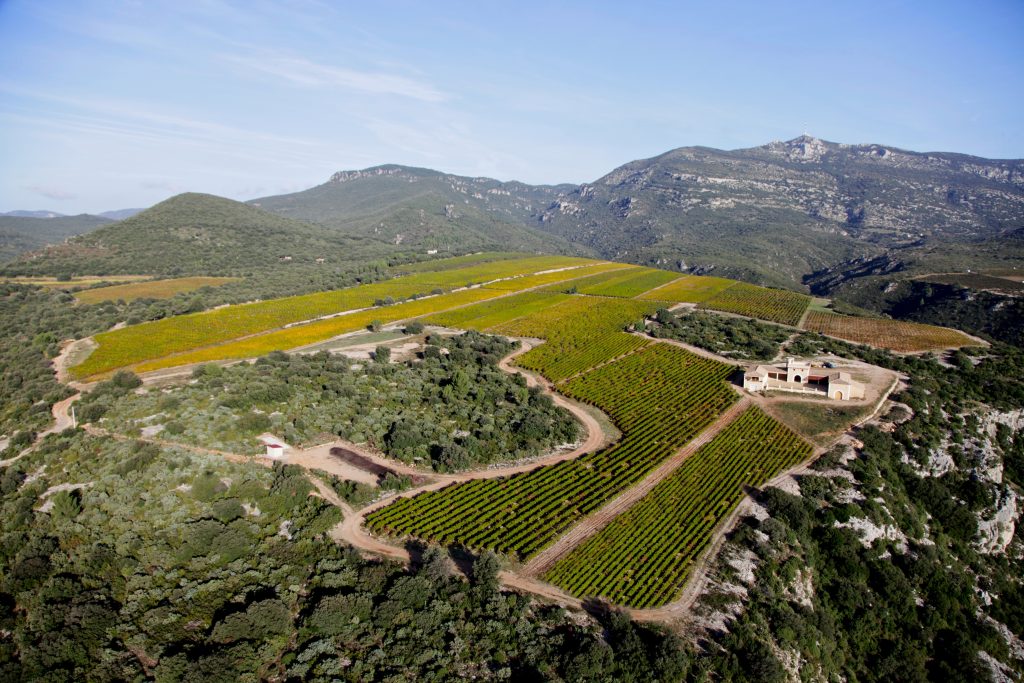
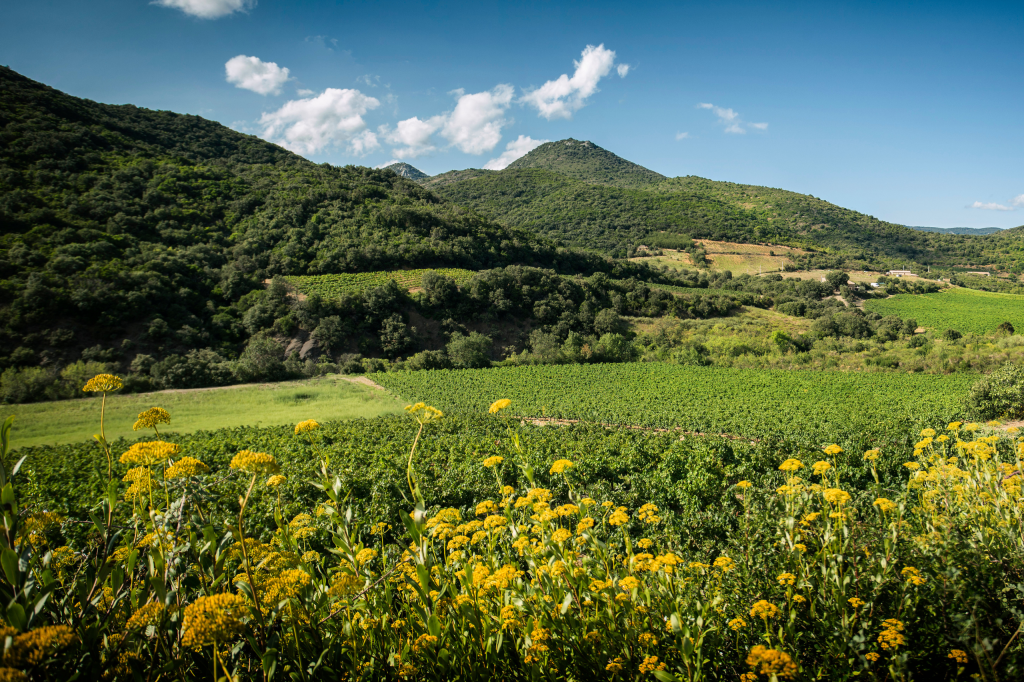
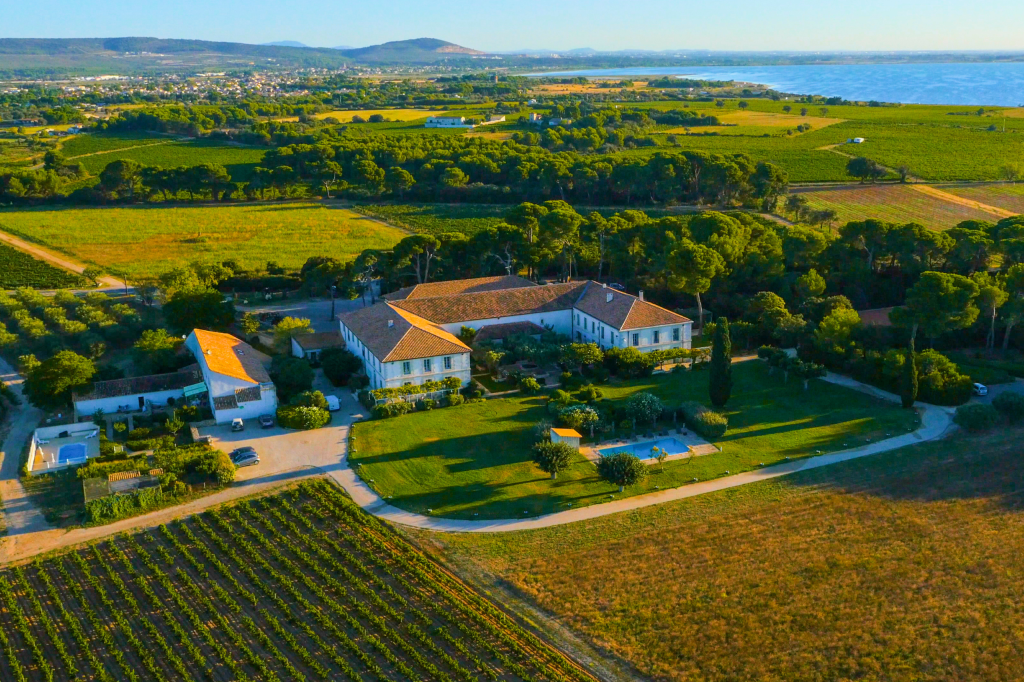
LE H.V.E (High Environmental Value level 3, the highest)
There are 4 pillars at the heart of HVE: mangement of water resources, reduction in the use of fertilisers and biodiversity around the properties. At Jeanjean Vineyards, it’s the complementarity between HVE and Organic that interests us.
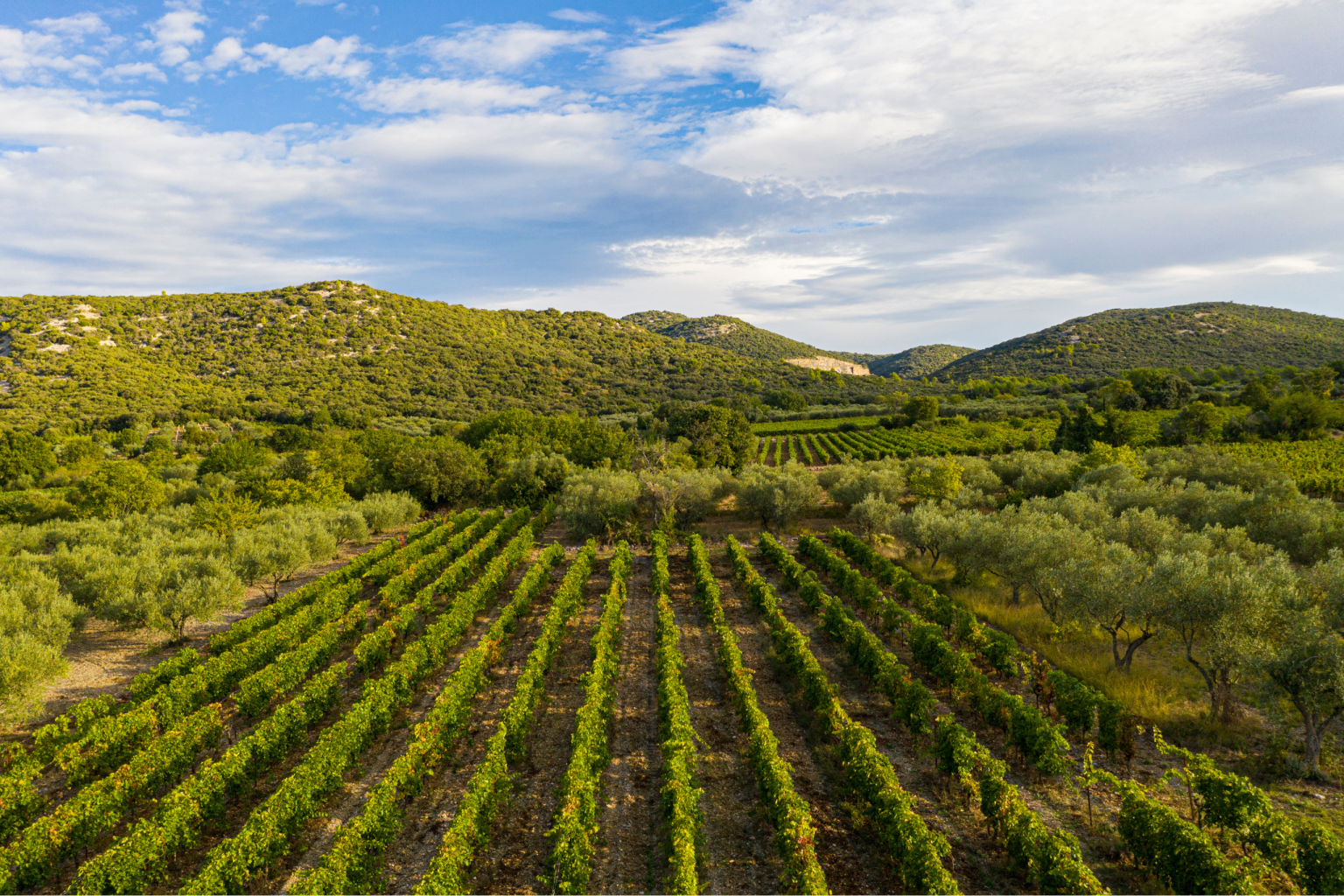
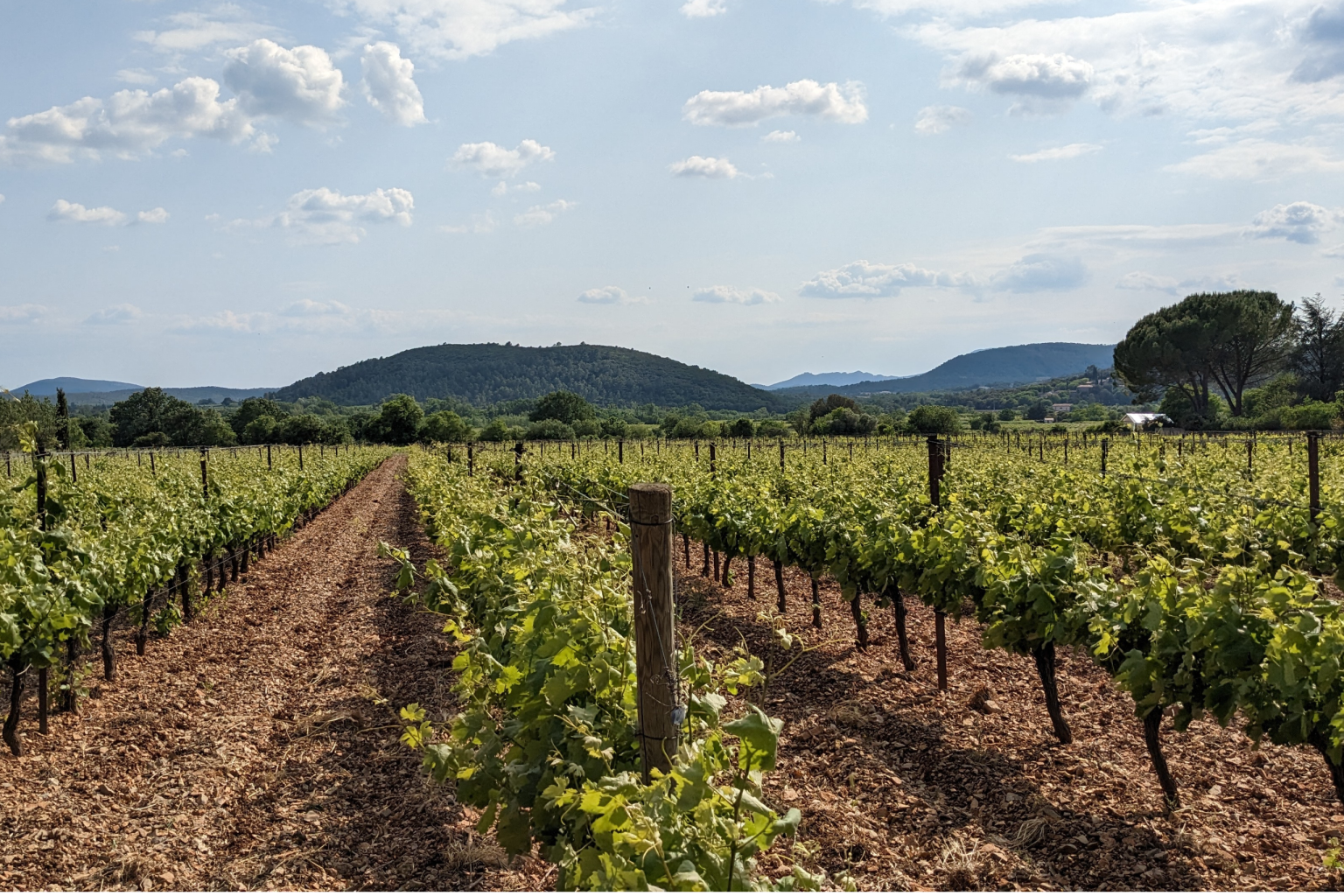
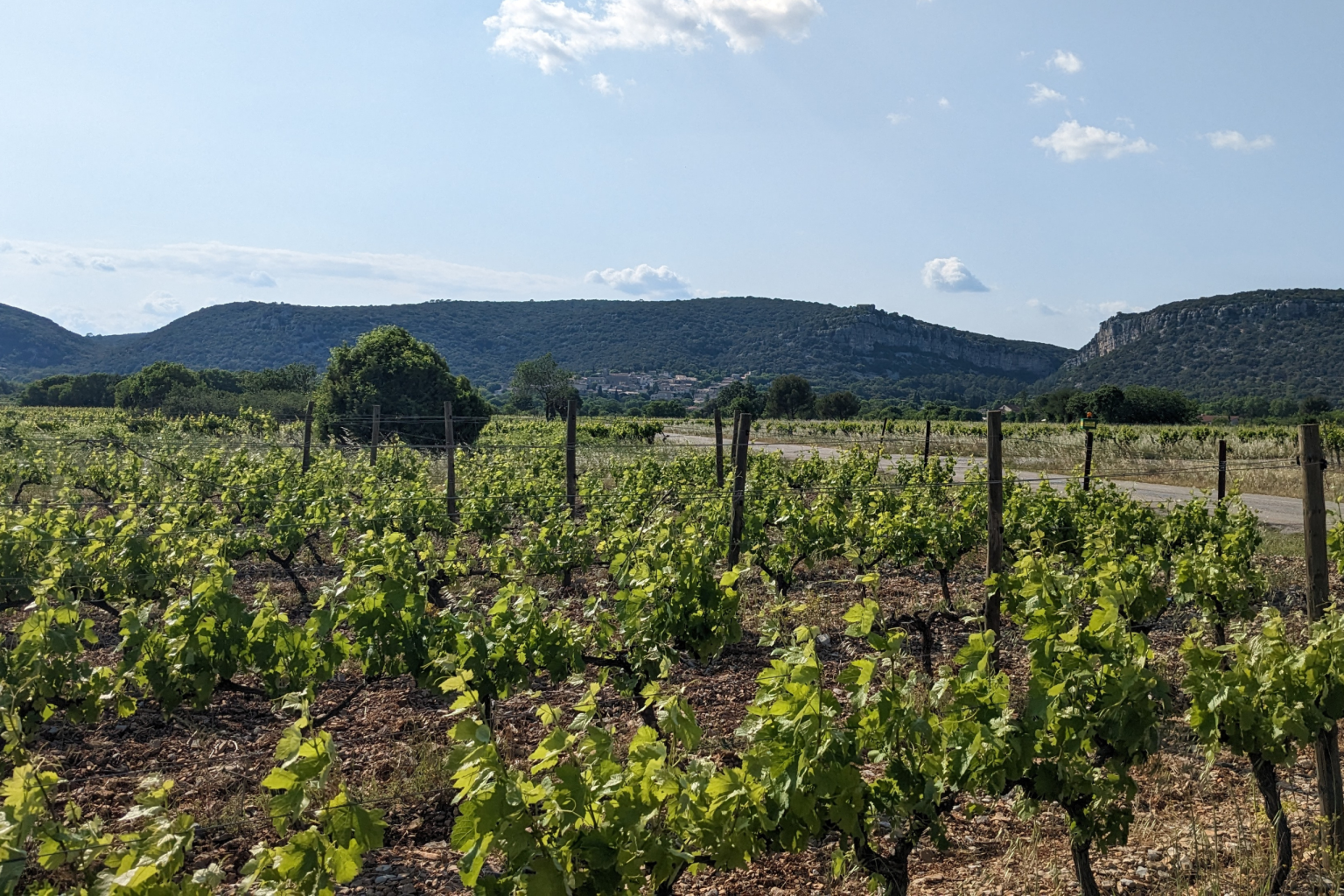
VITIFORESTRY
The basic principle is to combine trees, bushes, hedges, plants in the middle of or around our vineyard plots in order to develop the biodiversity of the property (in particular by creating refuges for species such as bats), to fertilize the soil, to create natural barriers of protection against frost, winds, shade certain highly exposed areas
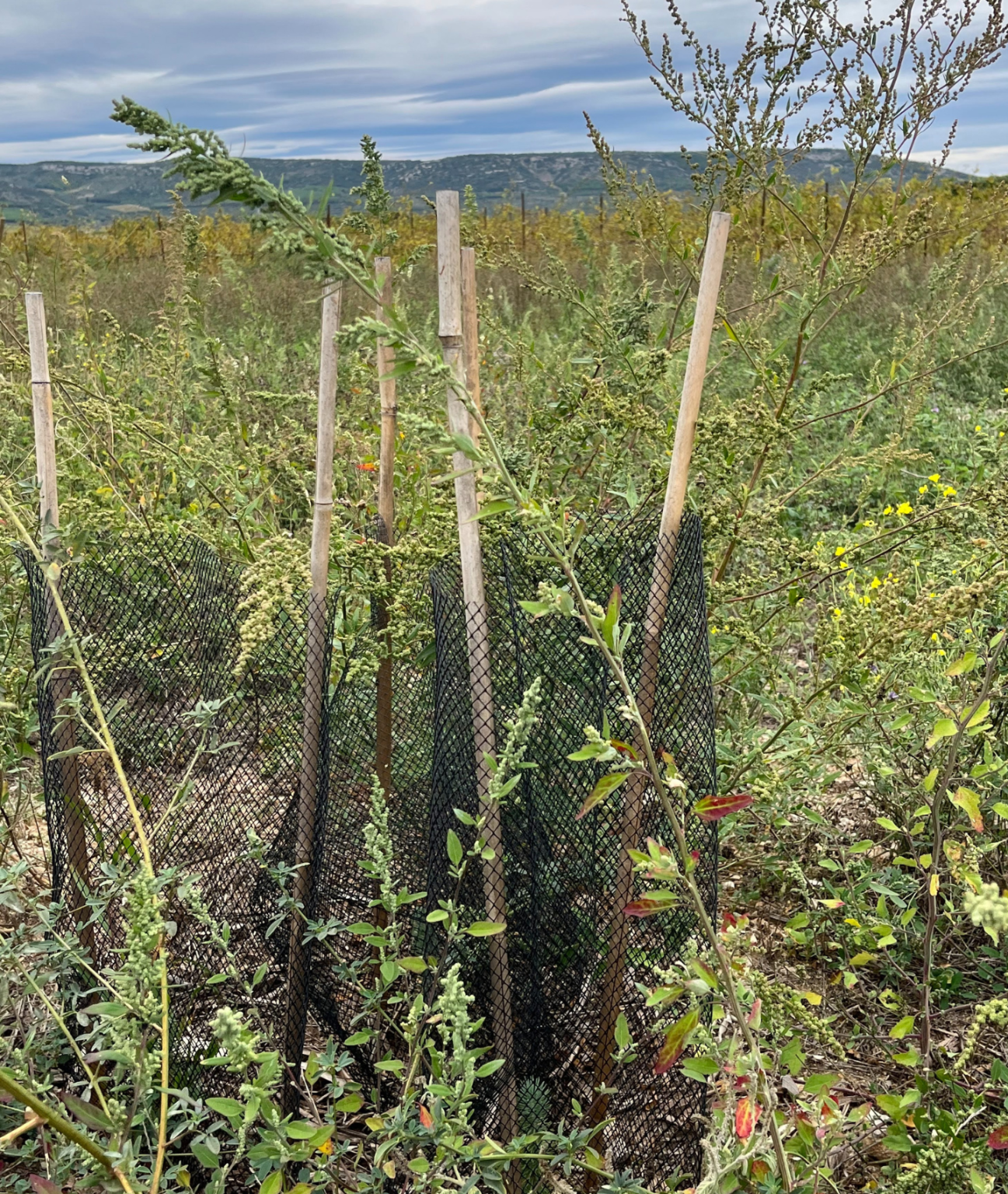
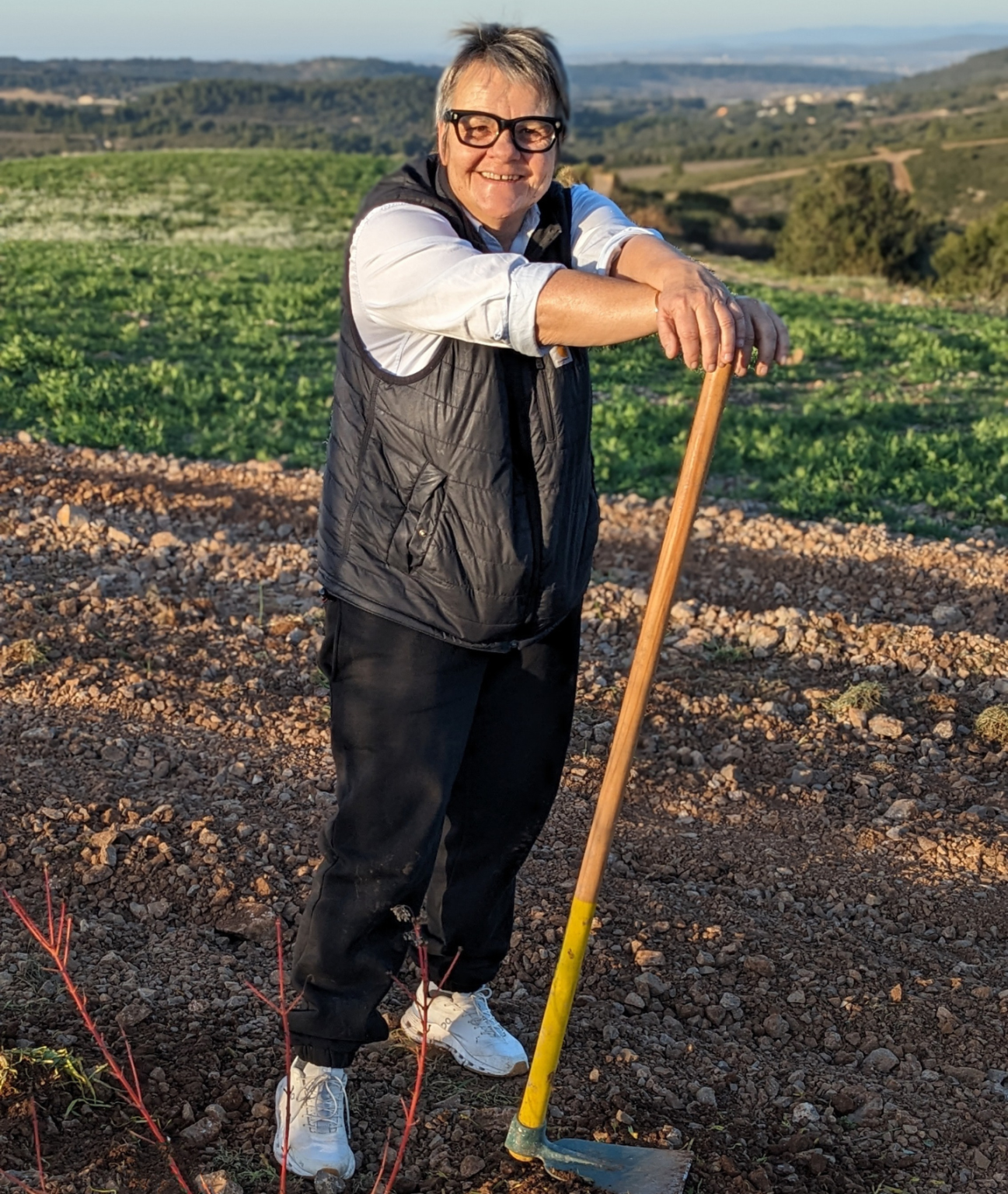
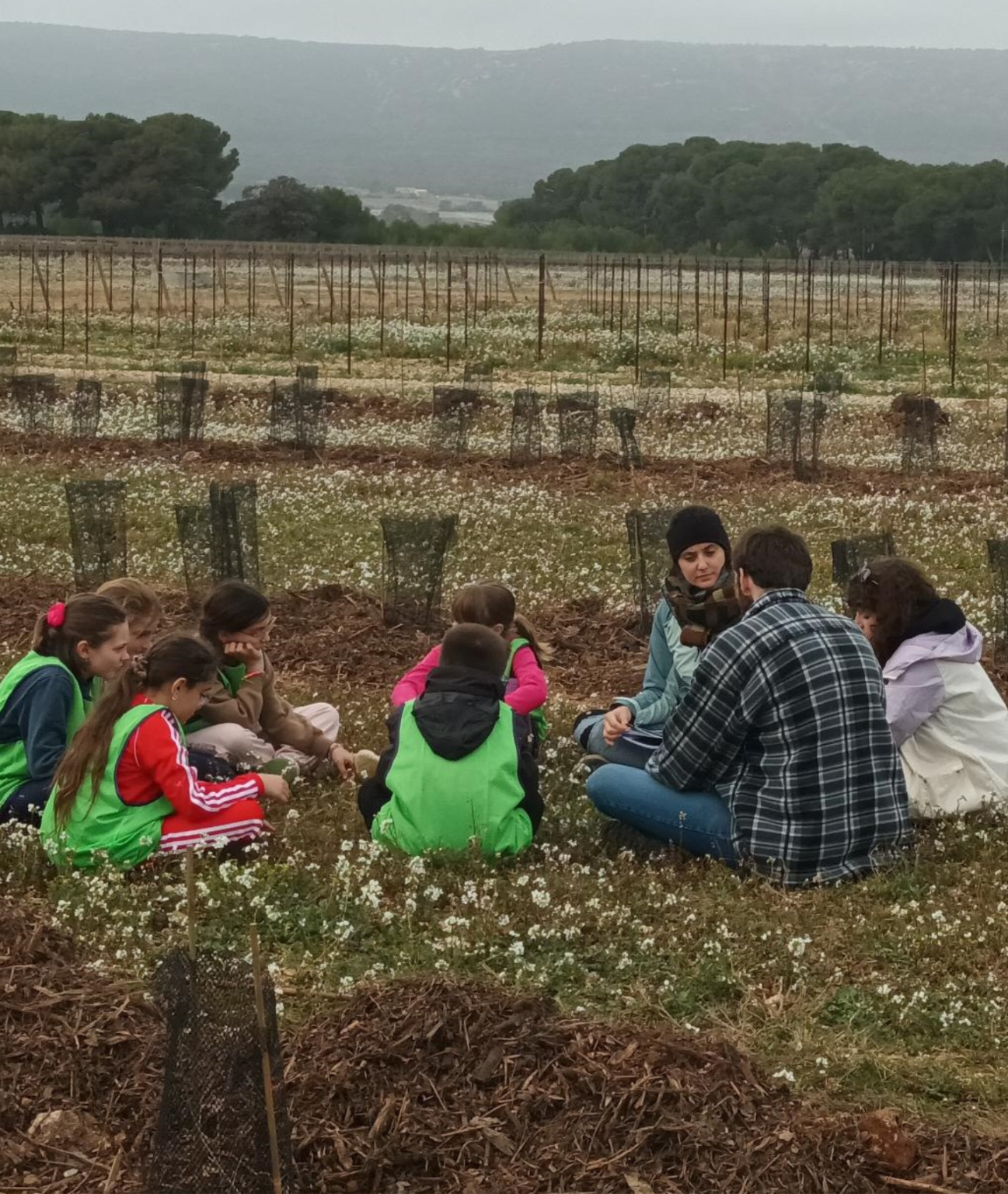
ECO-GRAZING
We use local shepherds in winter. Flocks of sheep are very useful for naturally weeding the vineyards and surrounding area, providing natural fertiliser from their droppings and gently ploughing our soils.
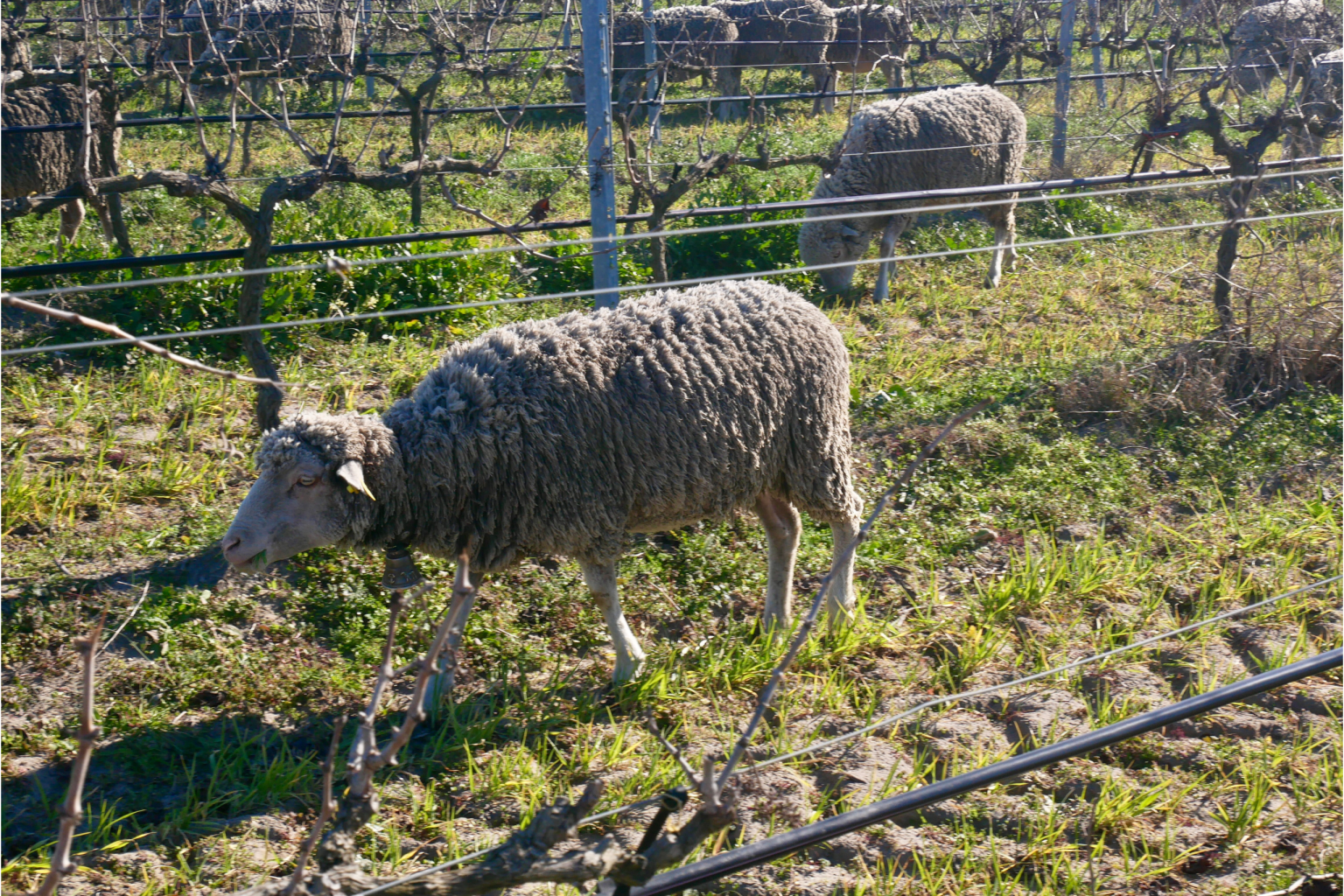
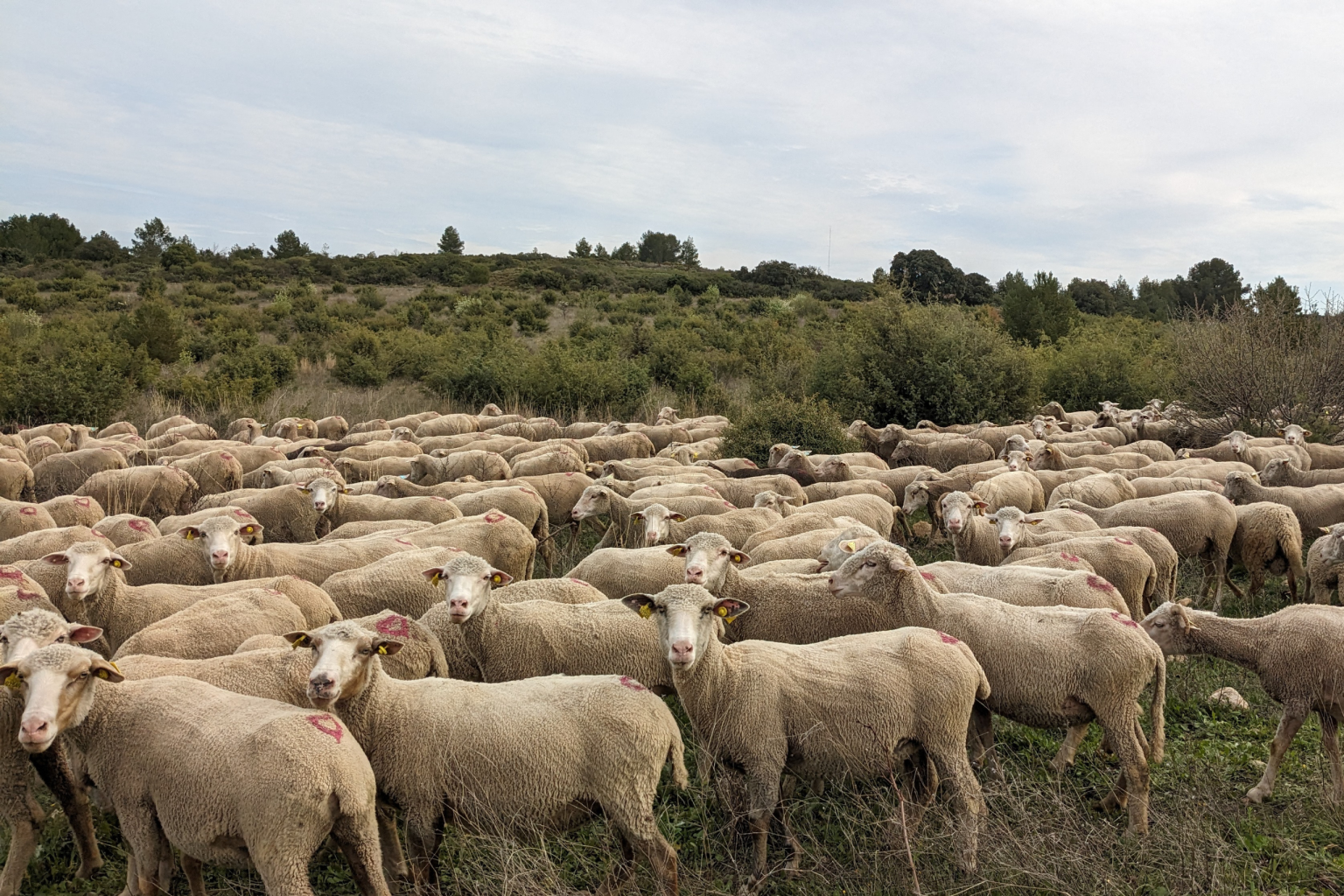
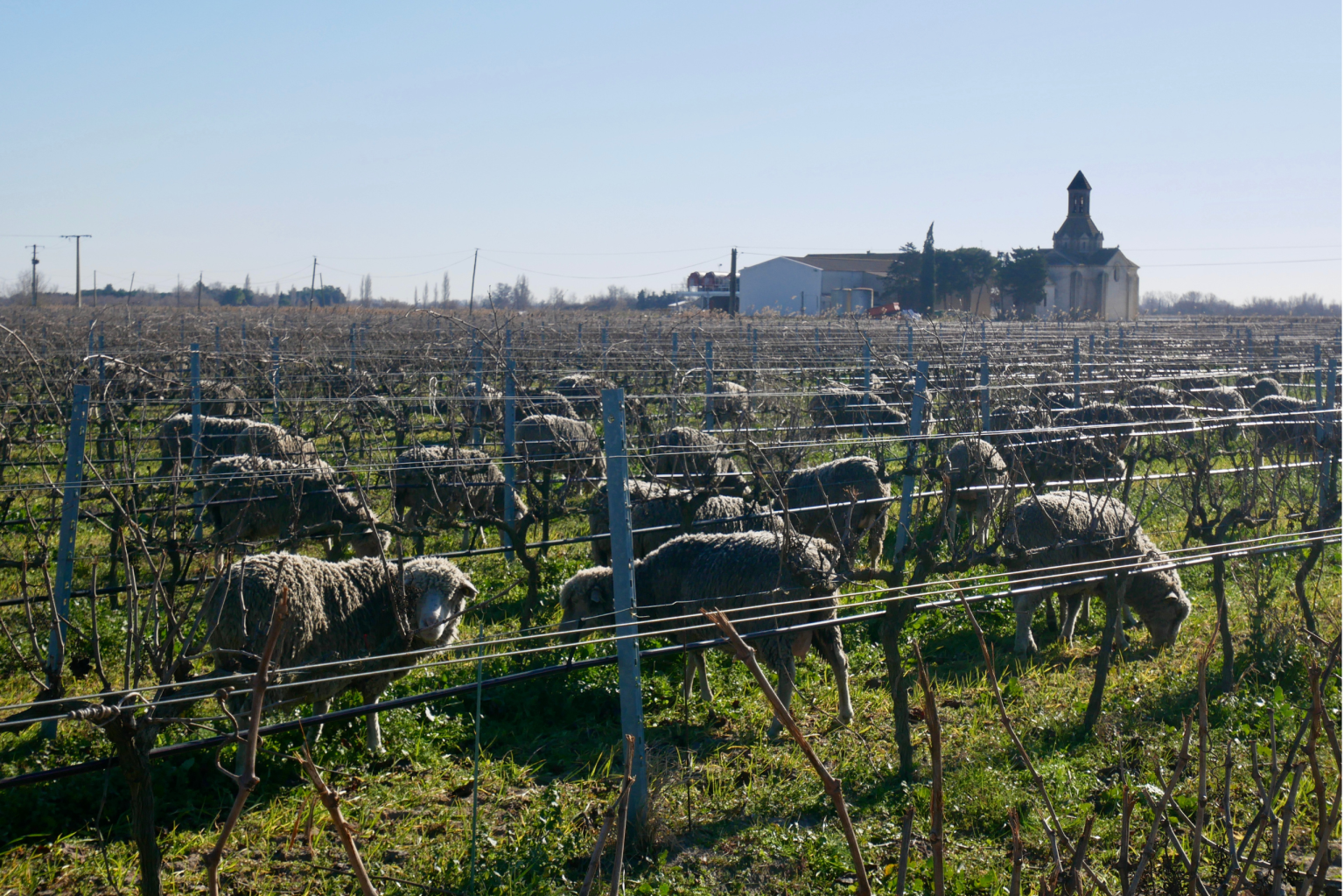
BEEKEEPING
The proximity of the hives contributes to a varied biodiversity in the ecosystem. These pollinators will encourage the development of flora in and around our plots… and provide us with delicious honey!
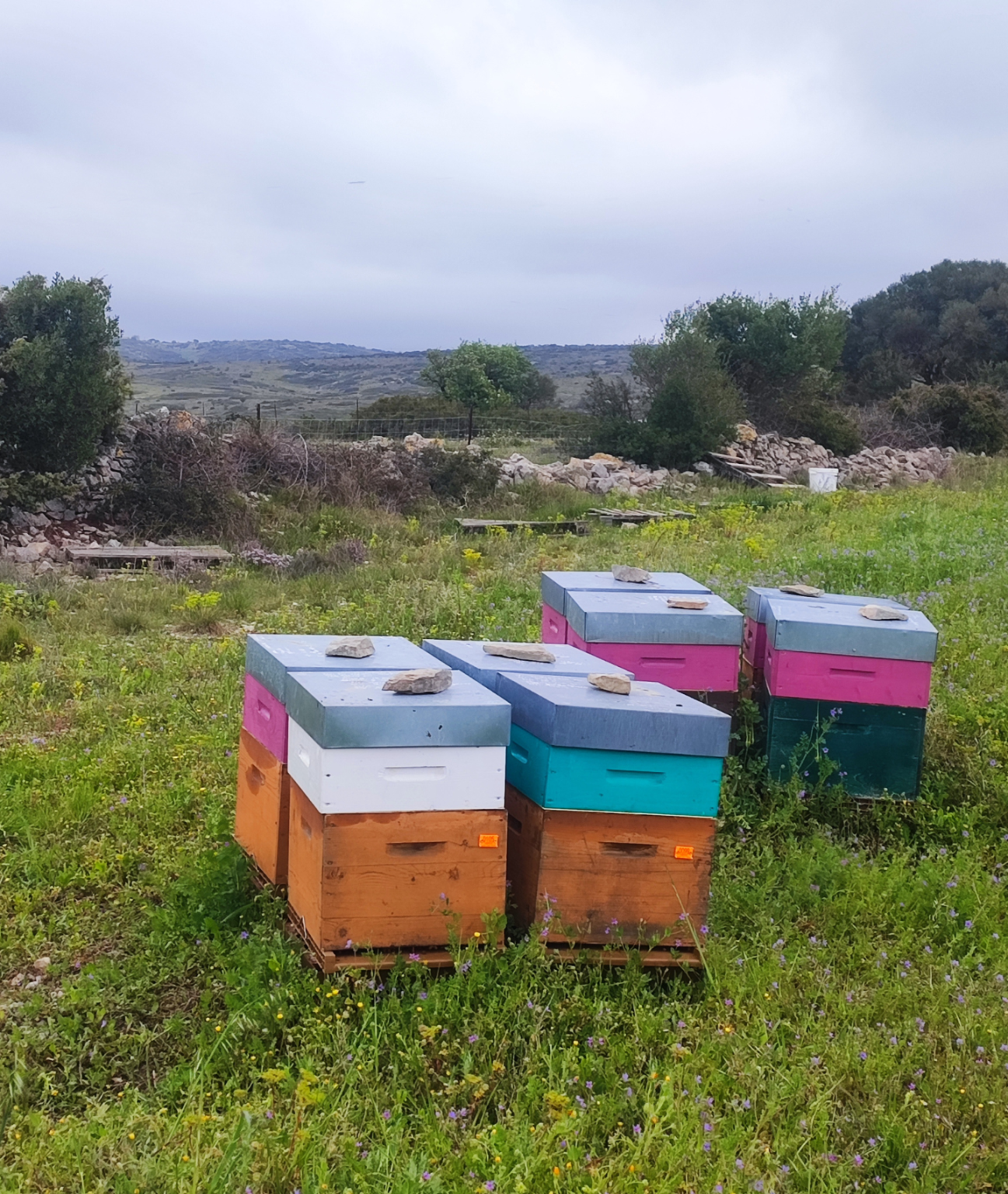
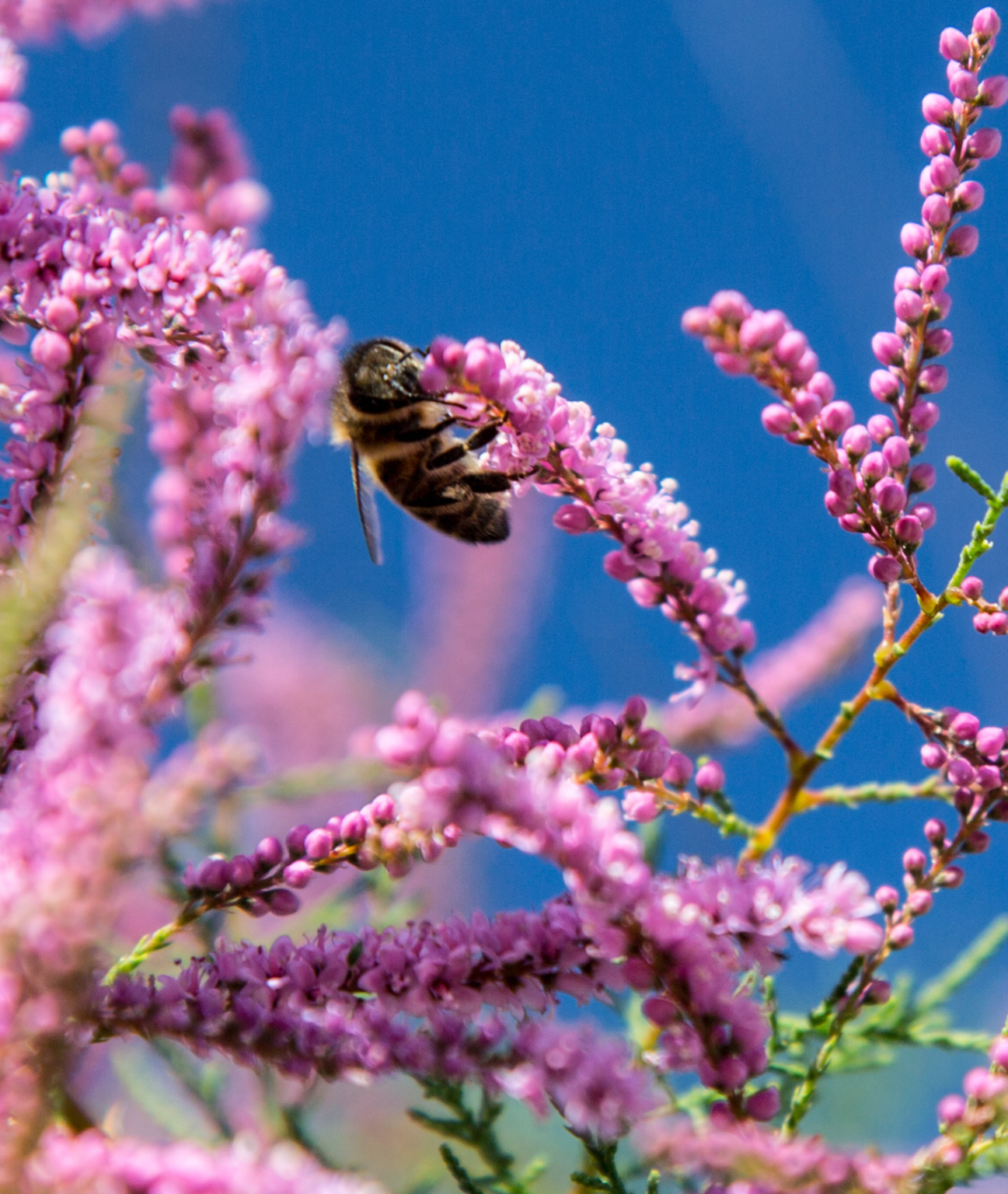
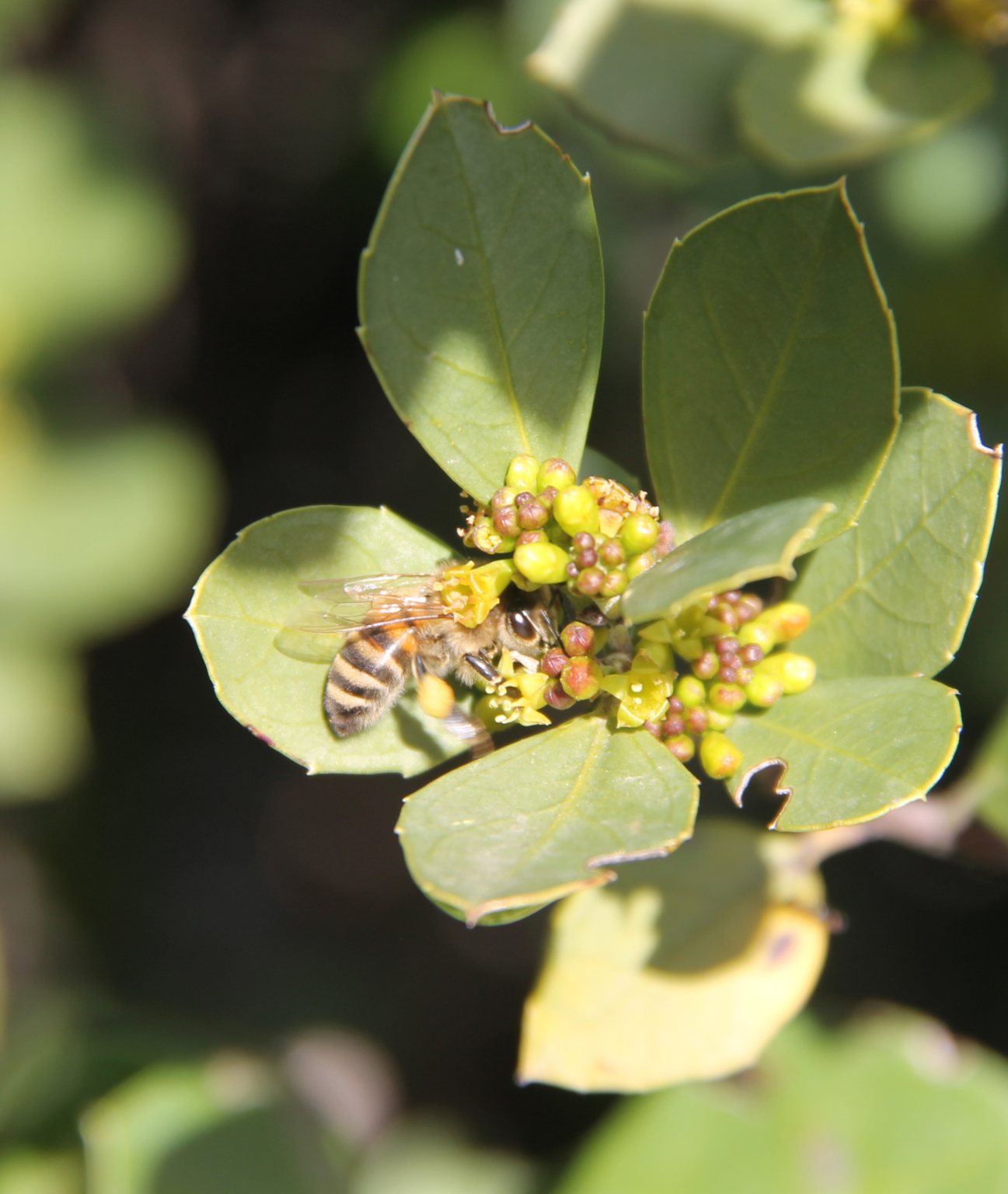
NATIVE YEASTS
Some of our cuvées are vinified with yeasts from the estate, which we select and use during vinification. It’s a veritable alchemy that takes place during the vinification process, adding an extra touch of soul to the wine !
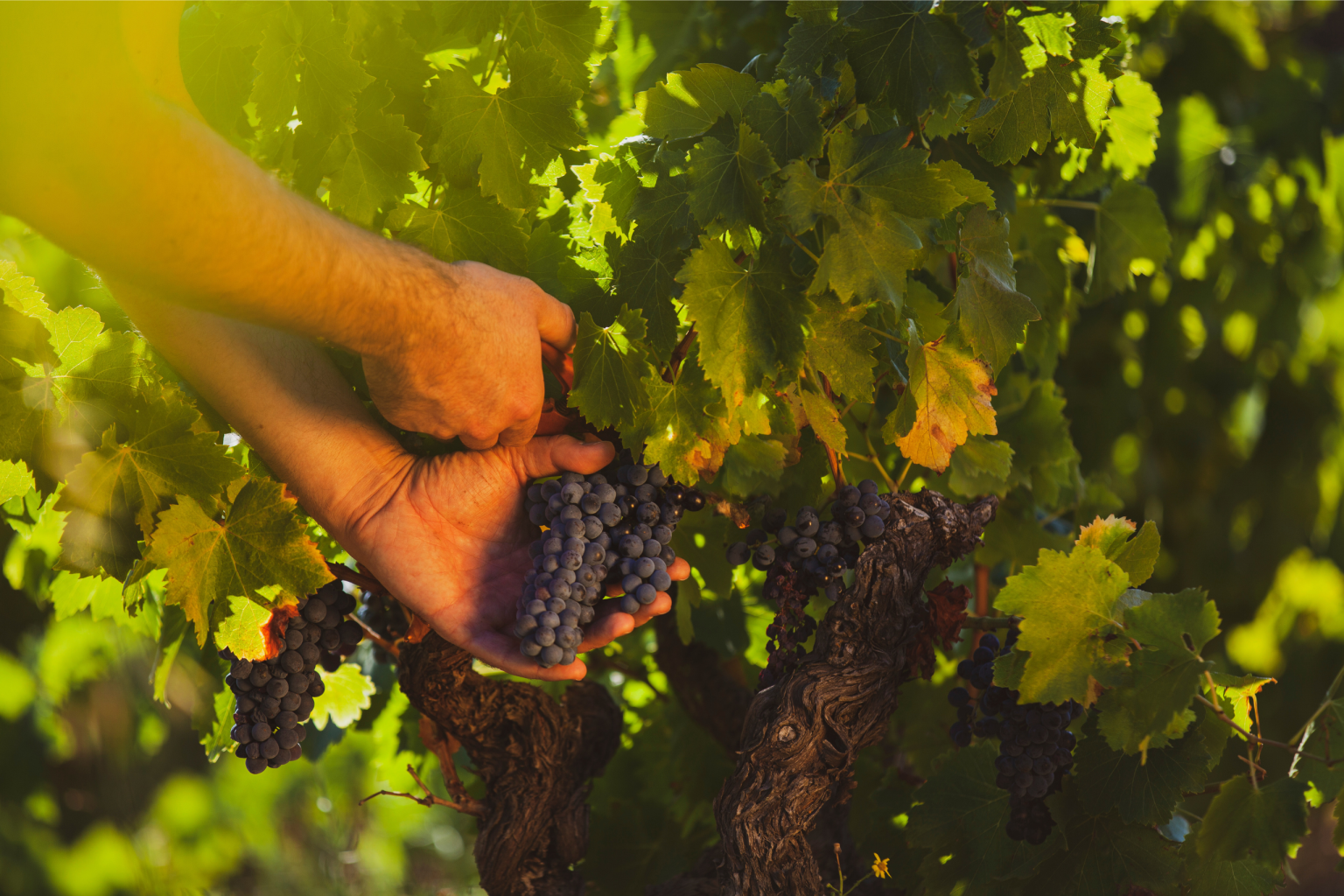
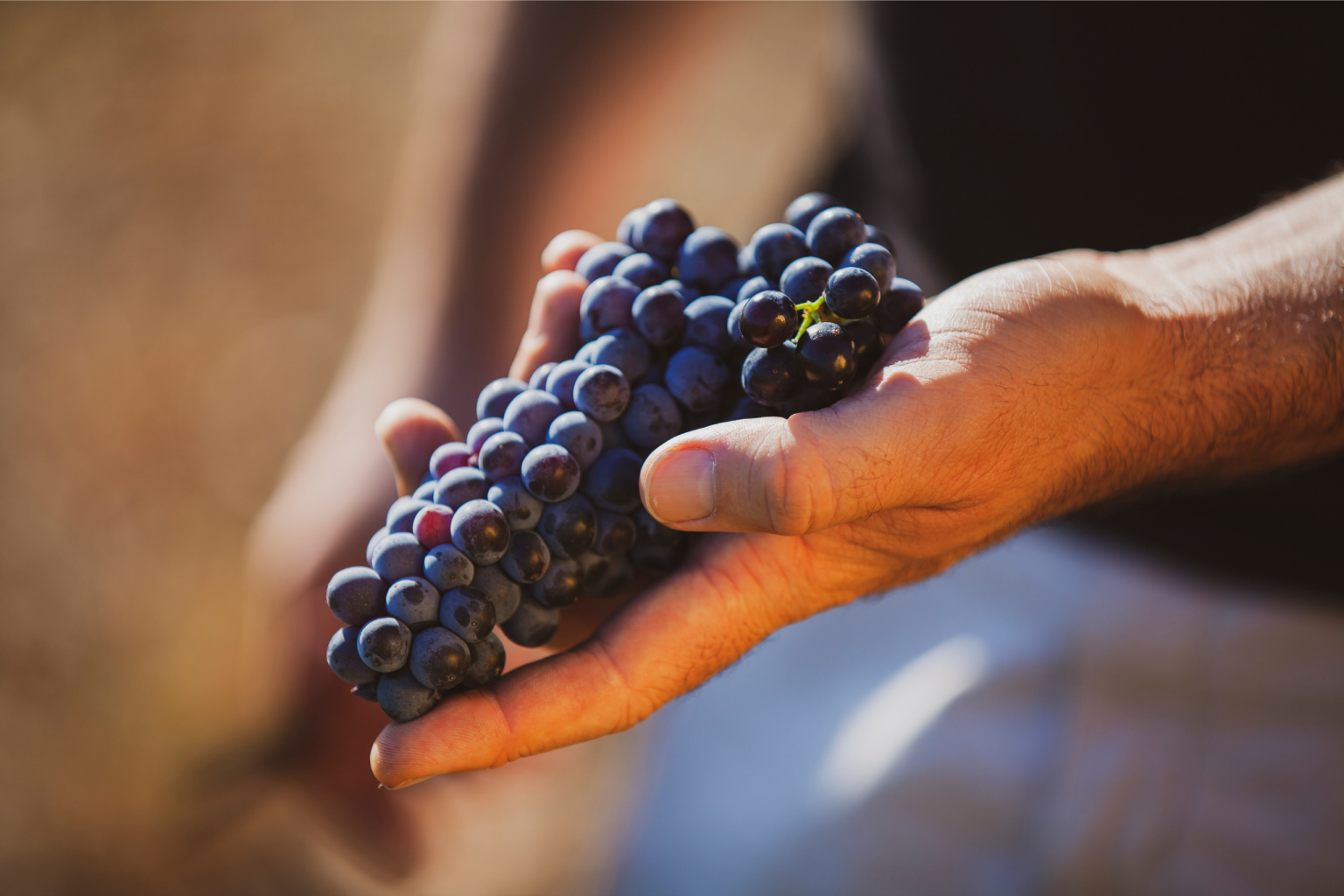
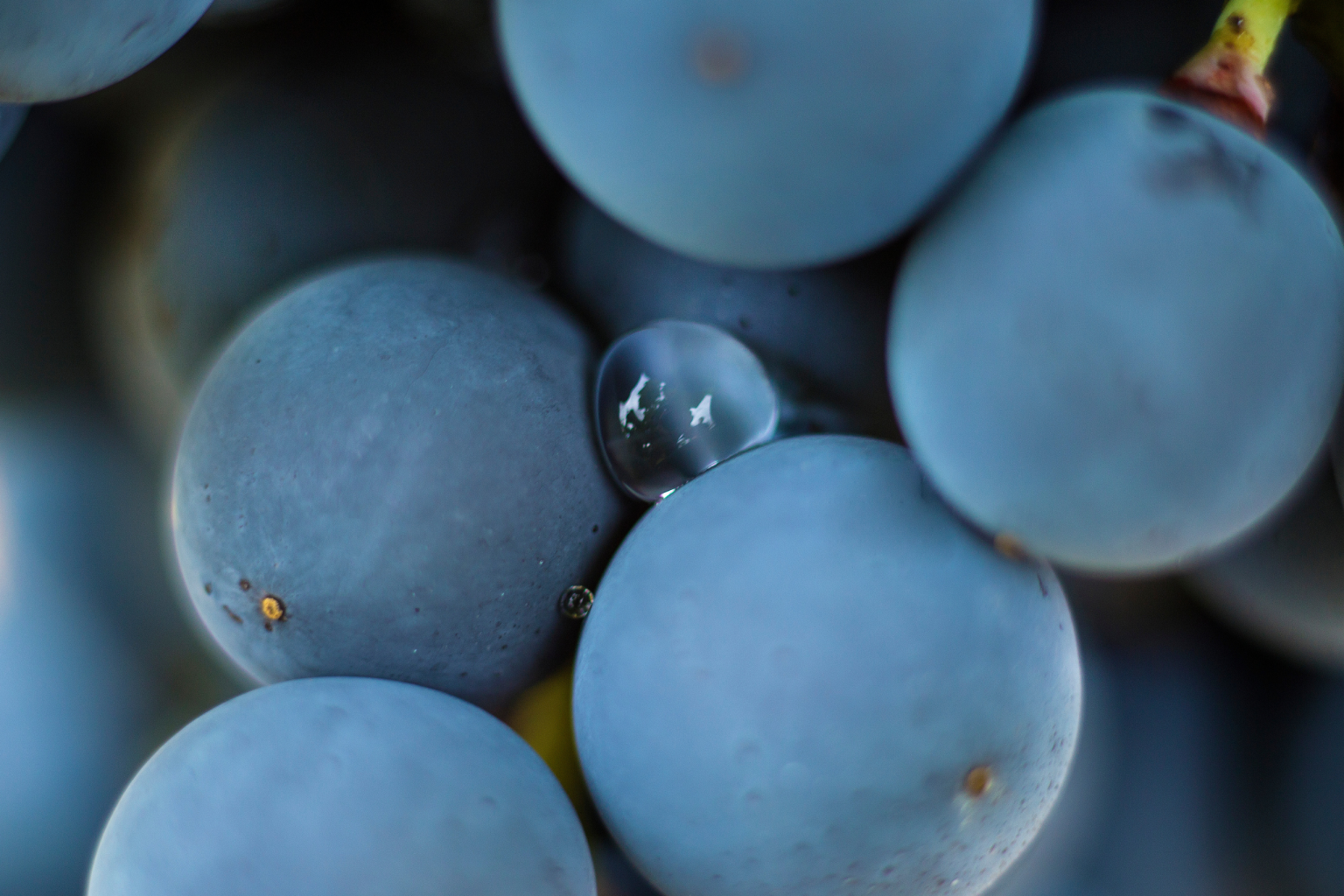
RESISTANT GRAPE VARIETIES
We are planting more and more resistant grape varieties on our estates to meet the challenges of climate change (grape varieties adapted to drought) or to protect biodiversity (grape varieties that do not require treatment, even organic, for diseases).
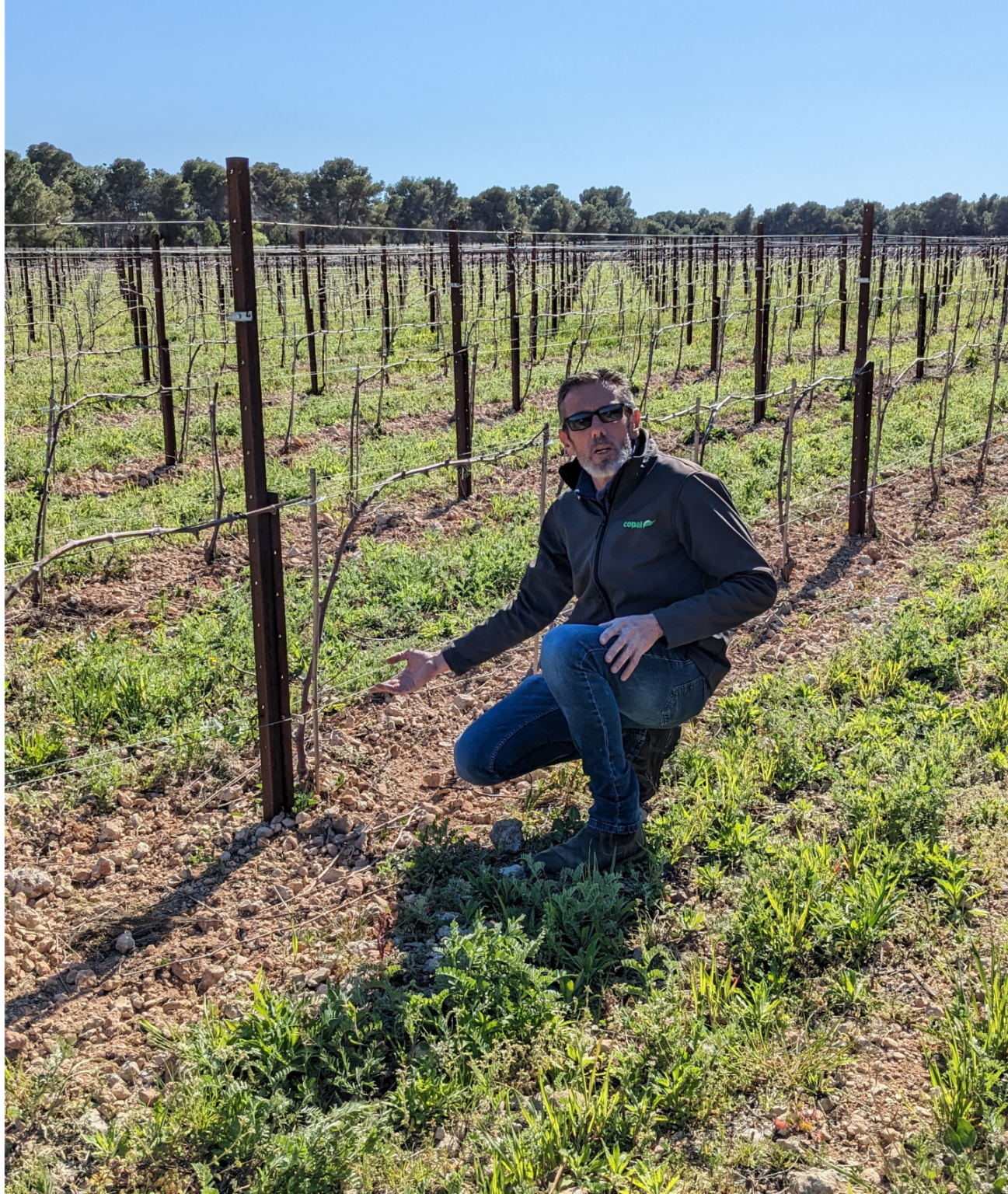
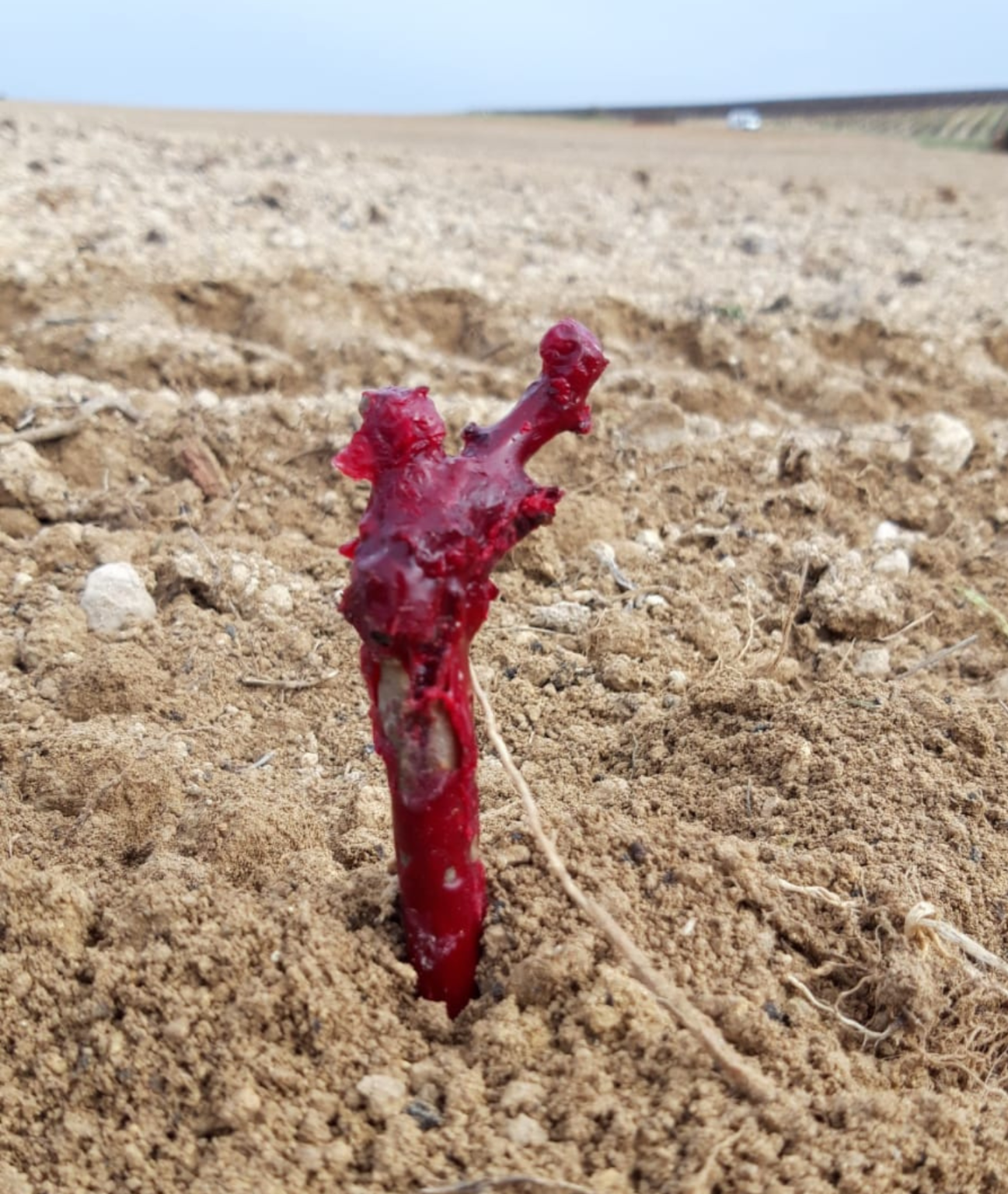
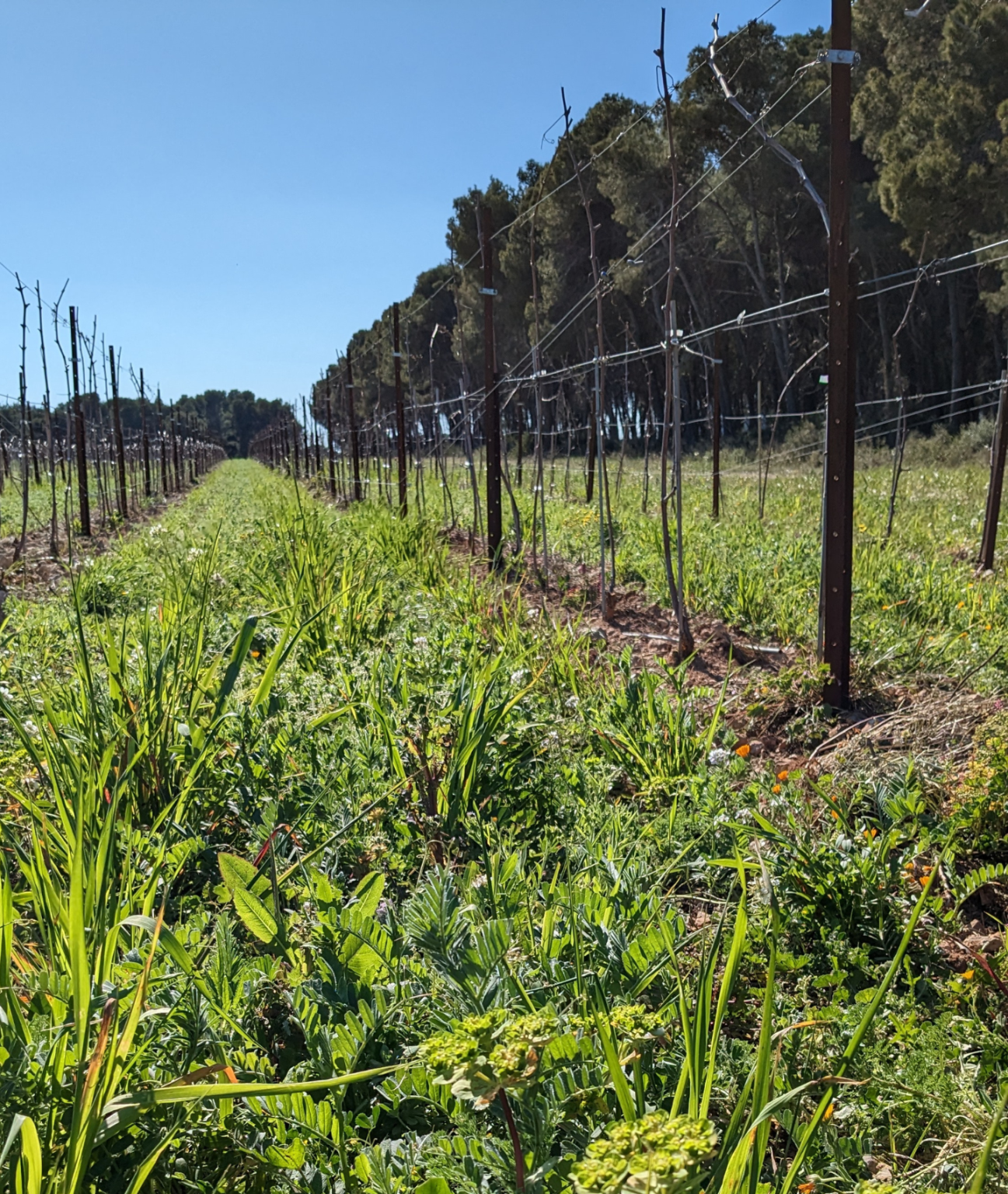
MONITORING FAUNA & FLORA
We take a census of the plant and animal species on our estates to monitor their evolution over the years and the impact of any measures we take to promote biodiversity.
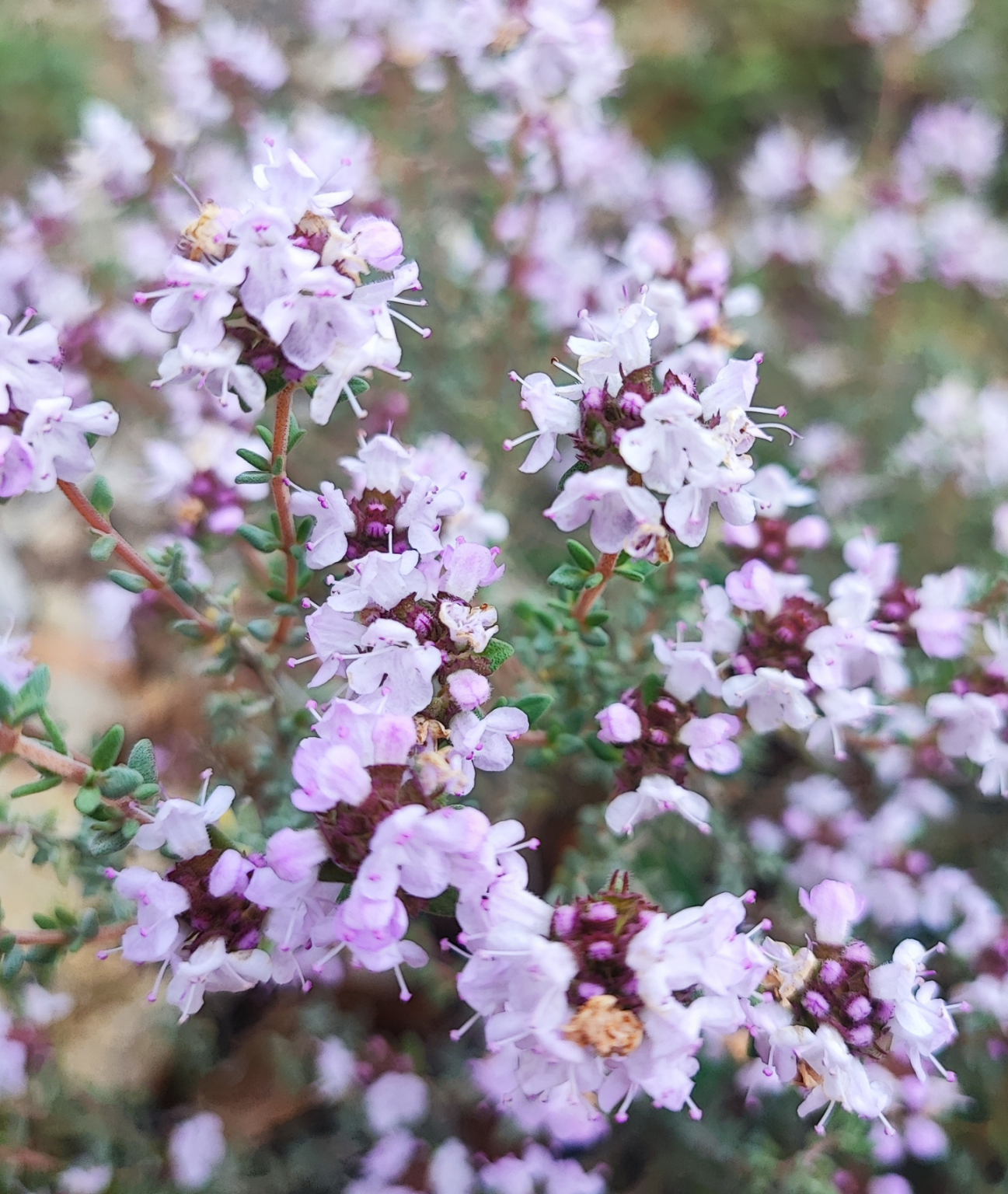
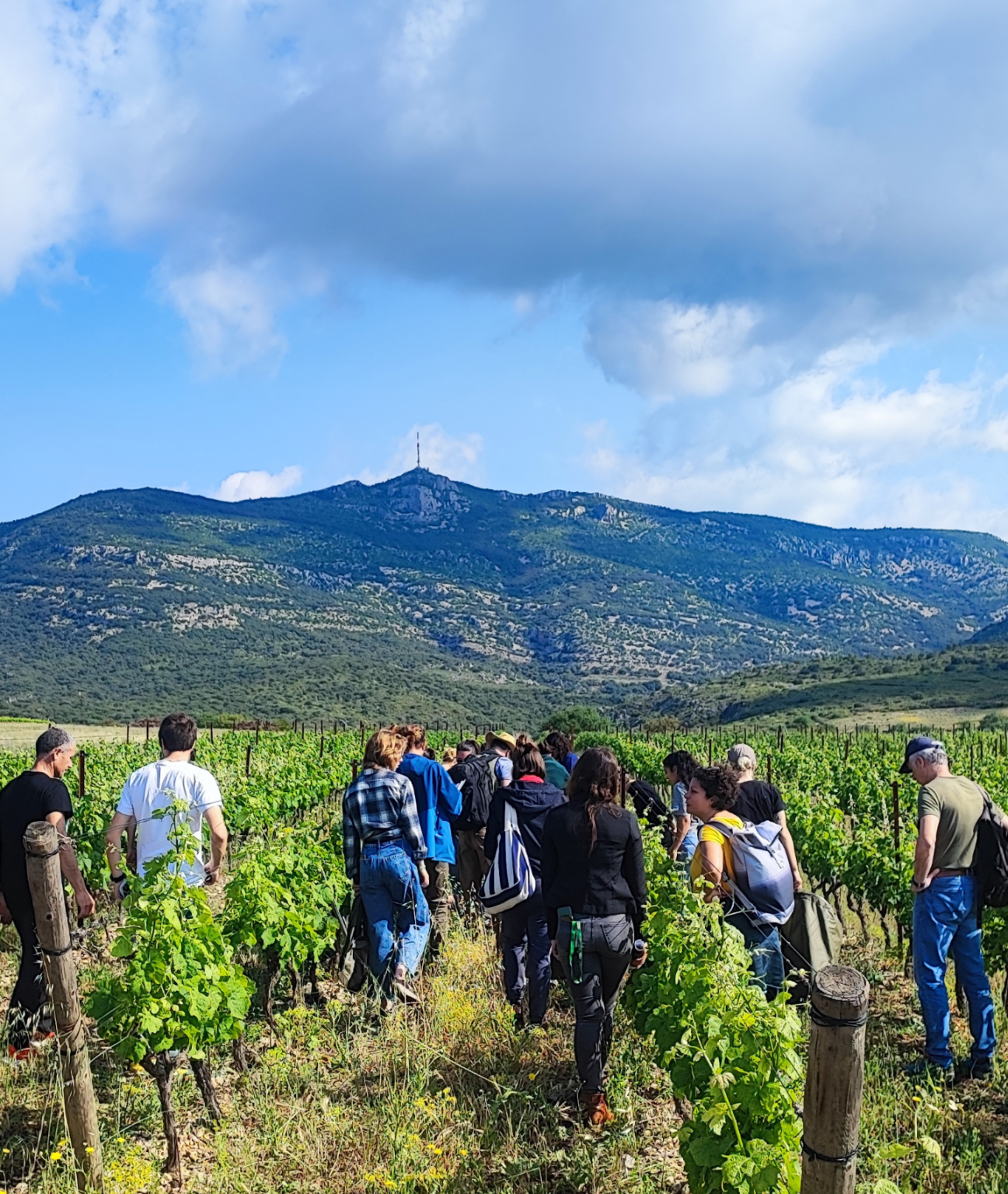
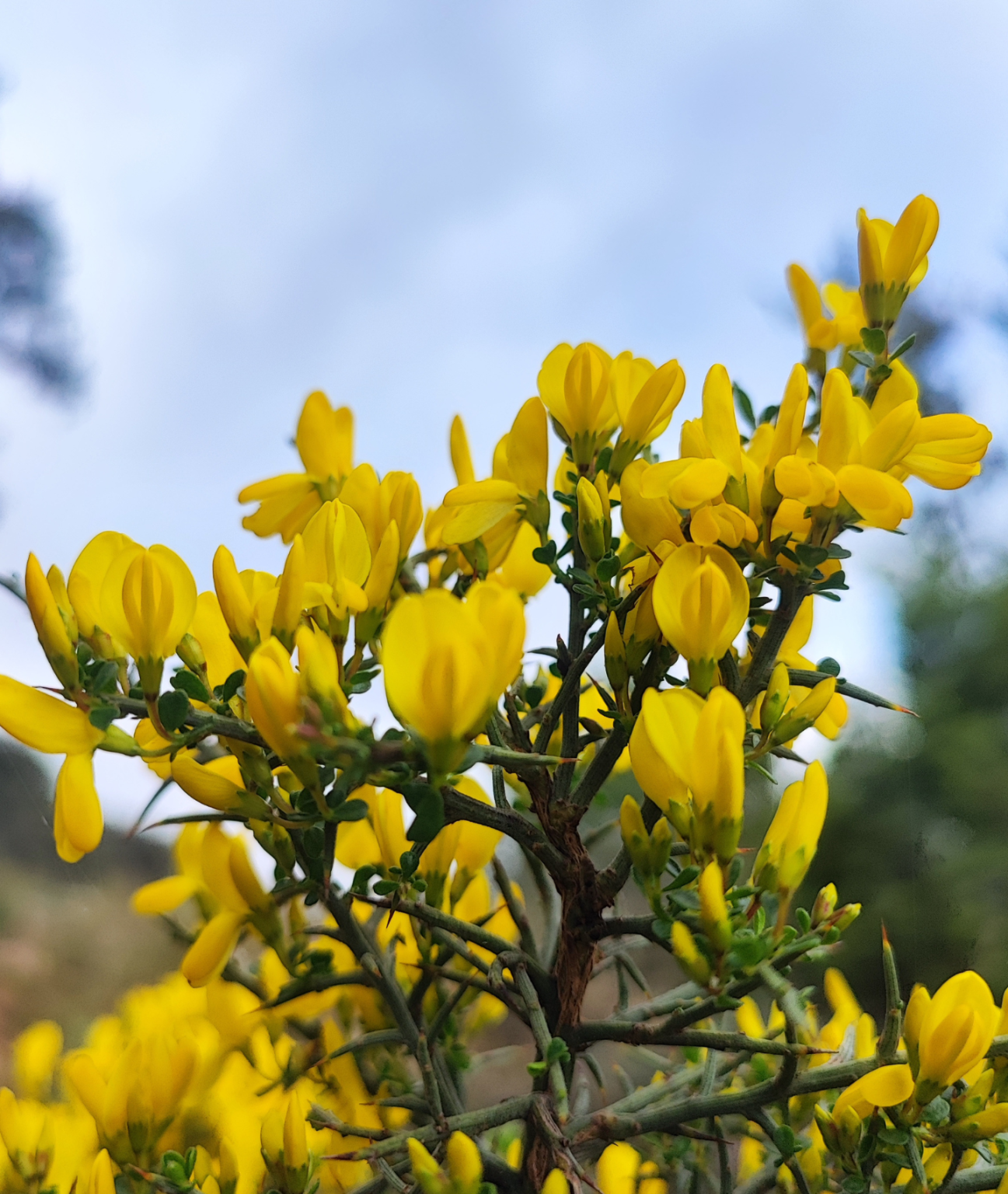
BIODYNAMIC
We follow the lunar calendar when applying preparations made from plant decoctions or cow dung. Tolerated sulphur levels are lower than those for organic farming.
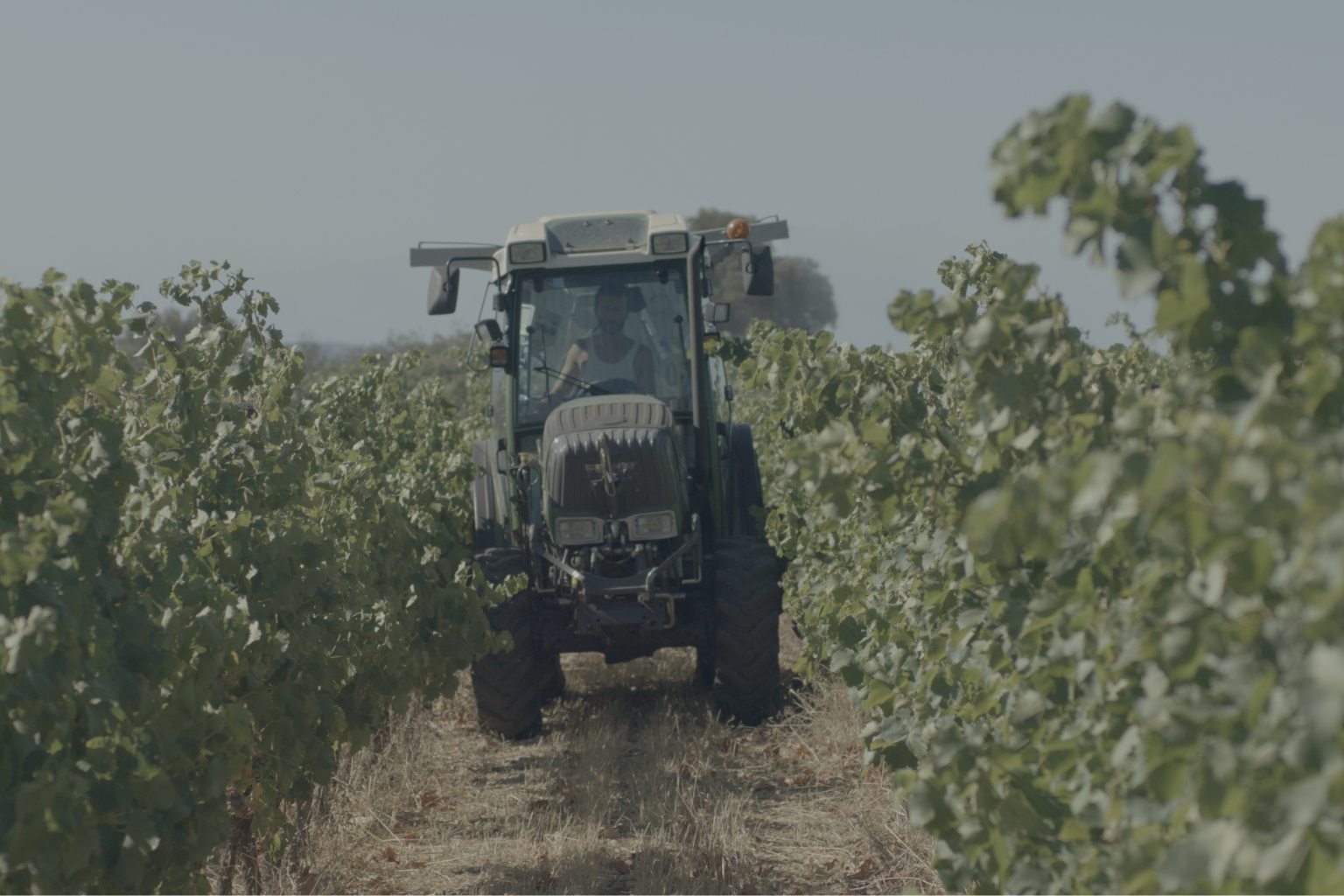
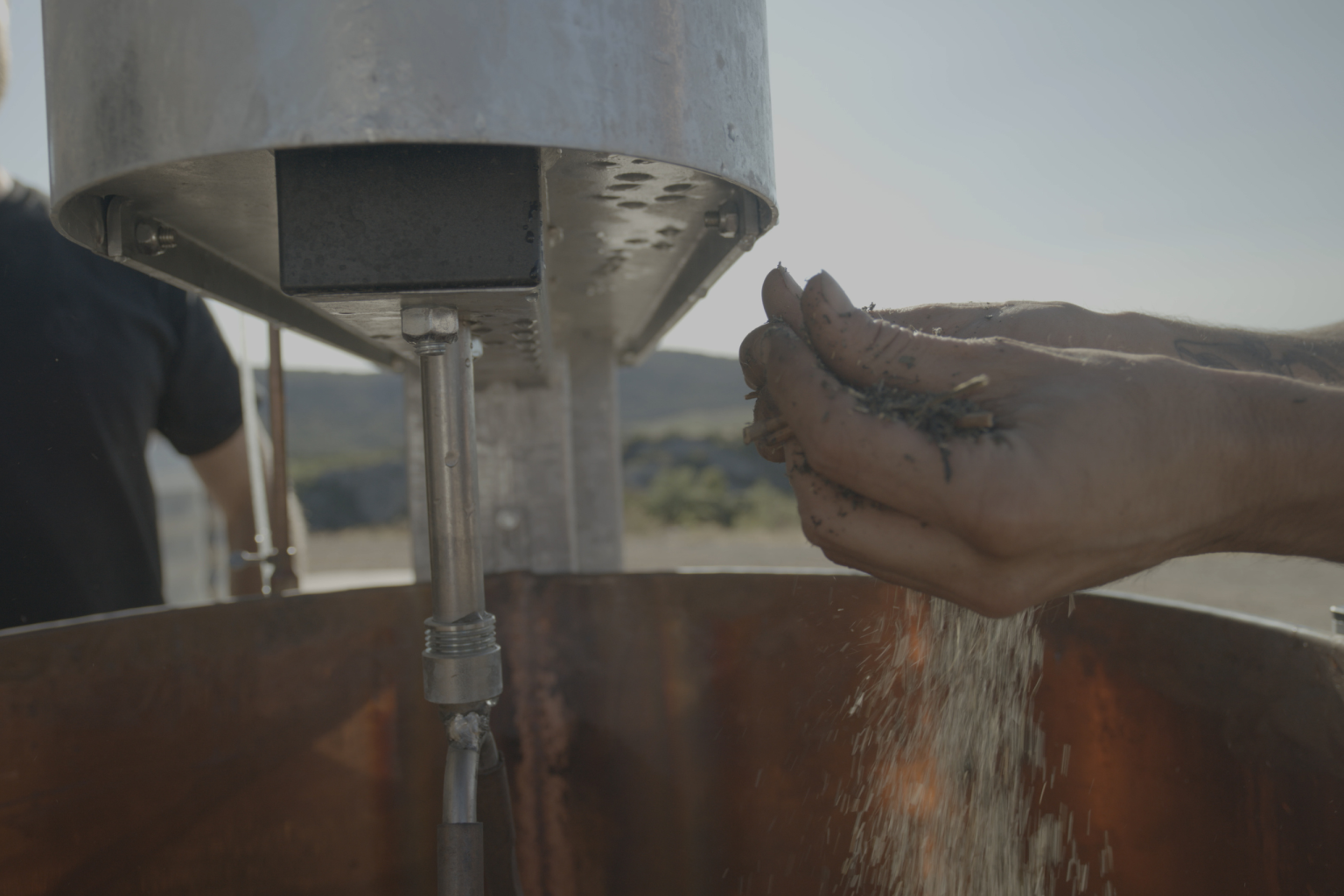
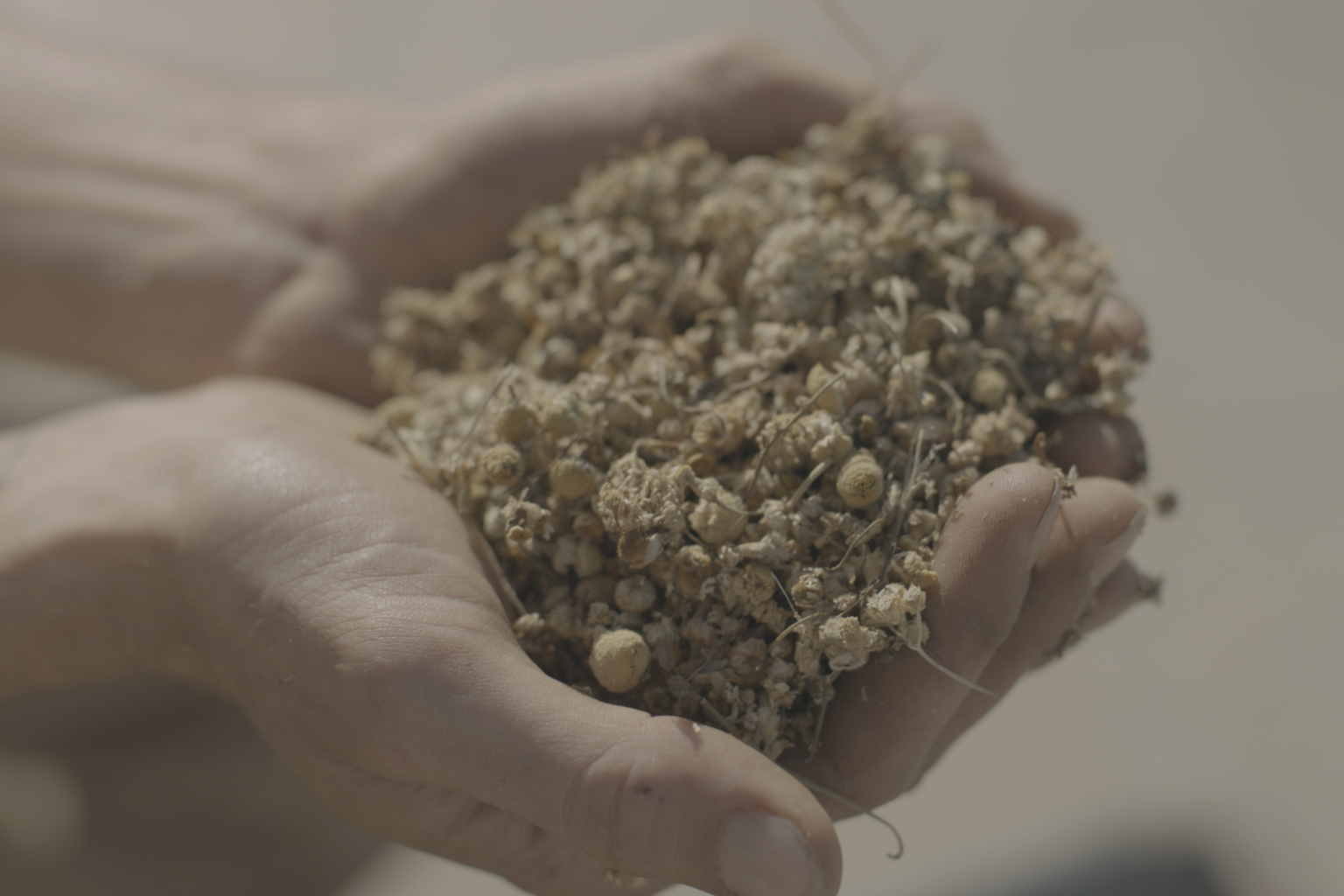
COVER CROP
We place a range of plants on our soil to avoid leaving the ground bare during the winter and occupying it with another crop.
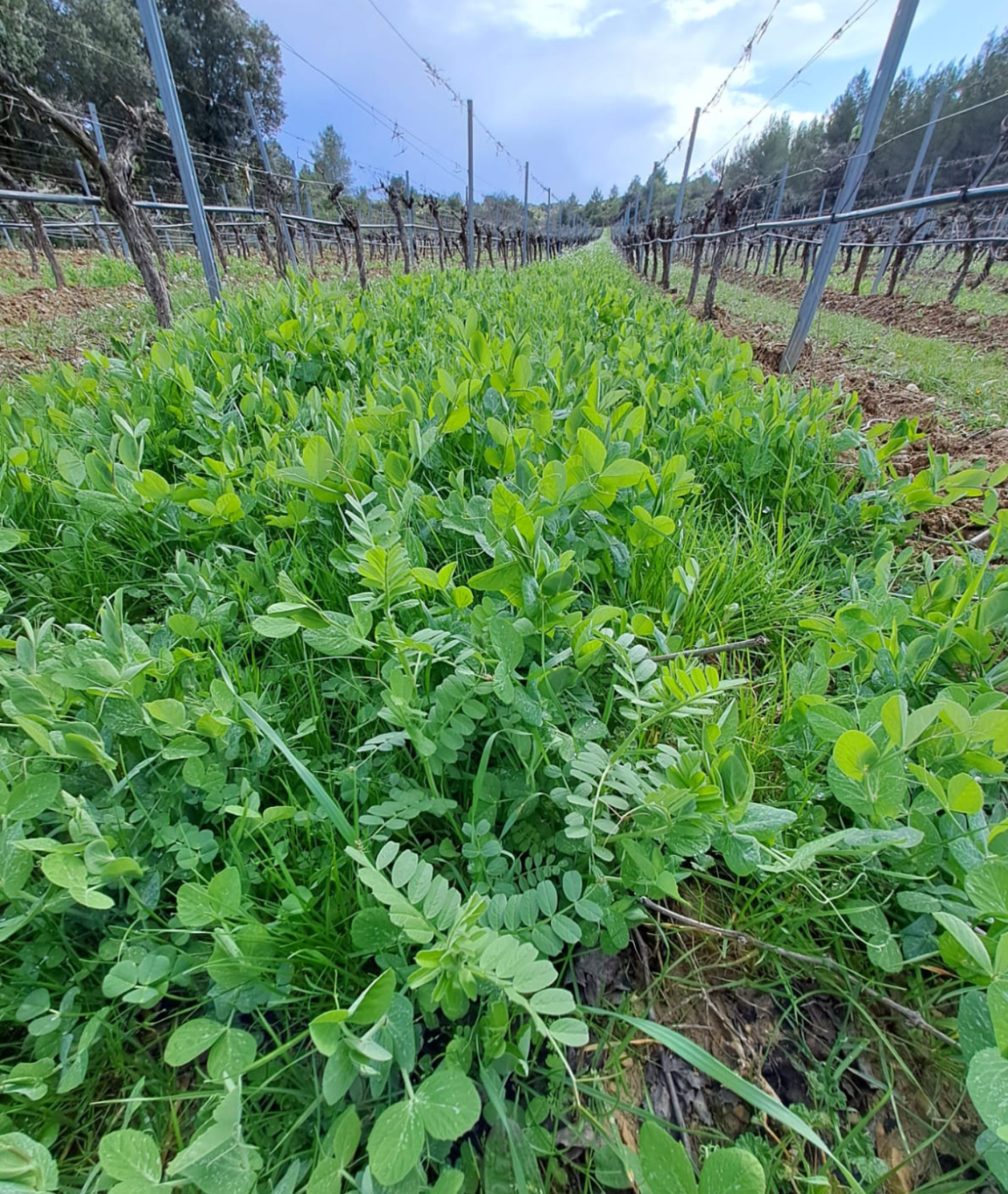
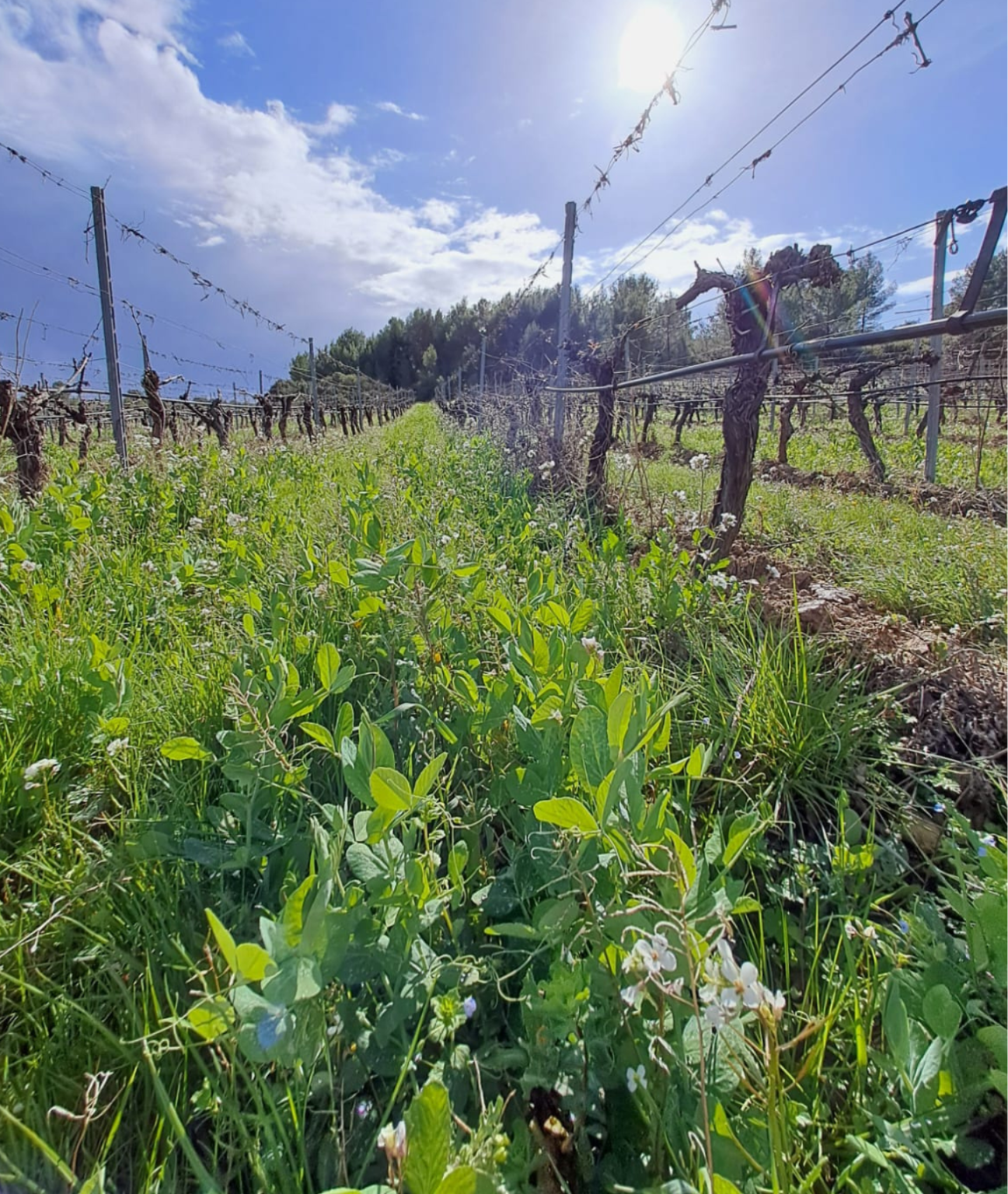
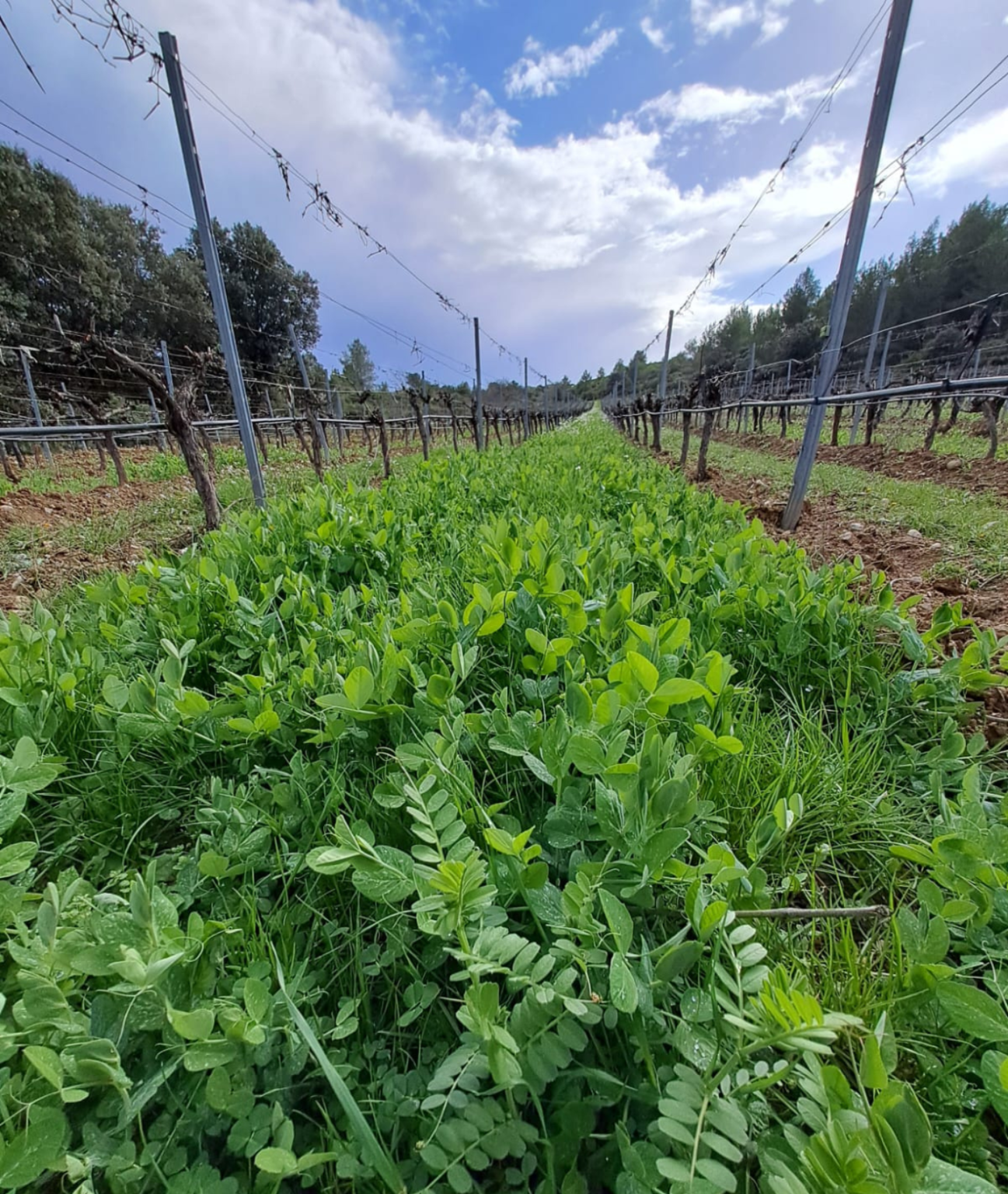
MASSAL SELECTION
We select vine strains from a variety of selected vineyards with satisfactory agronomic, oenological and health characteristics with a view to propagating them.
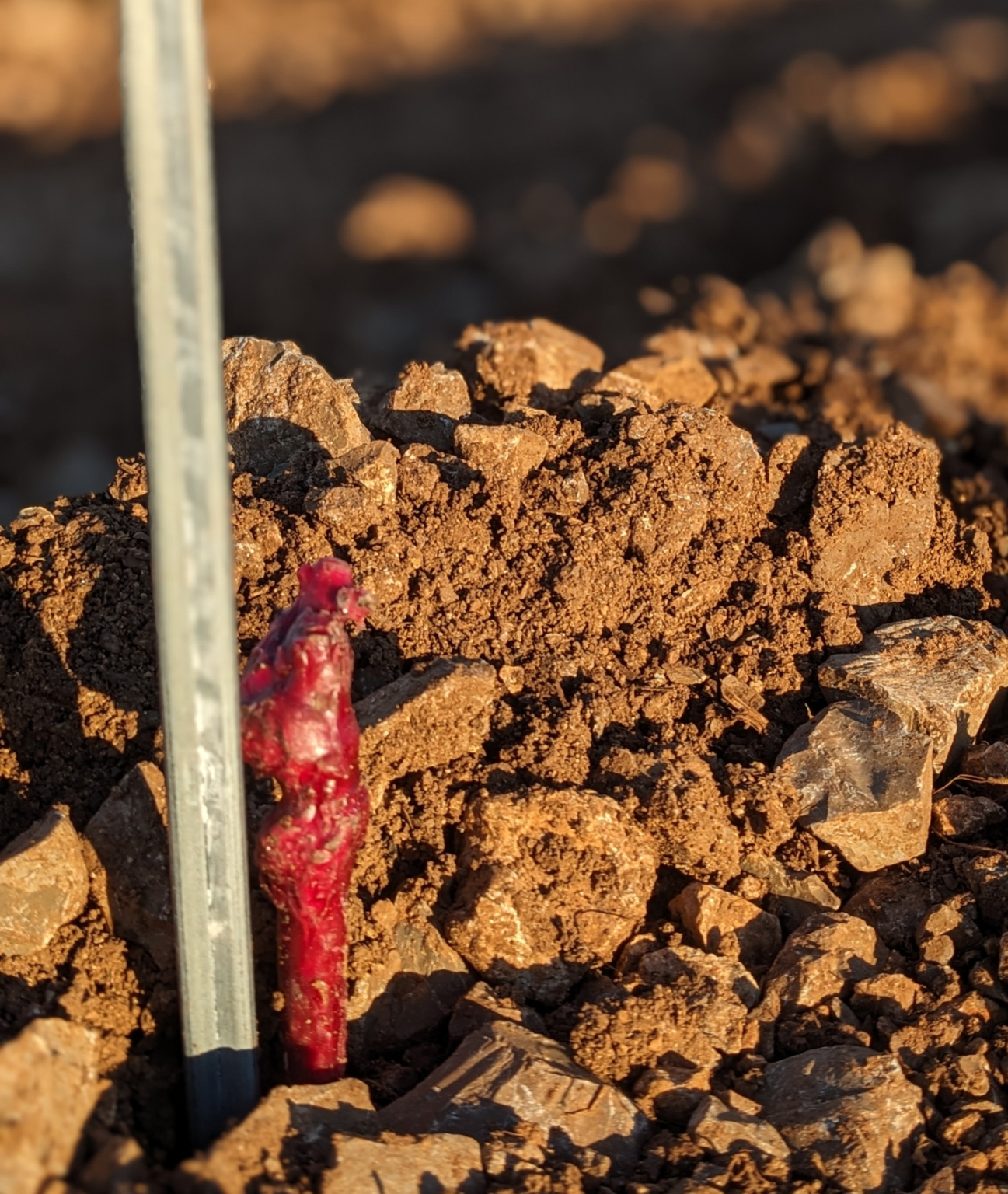
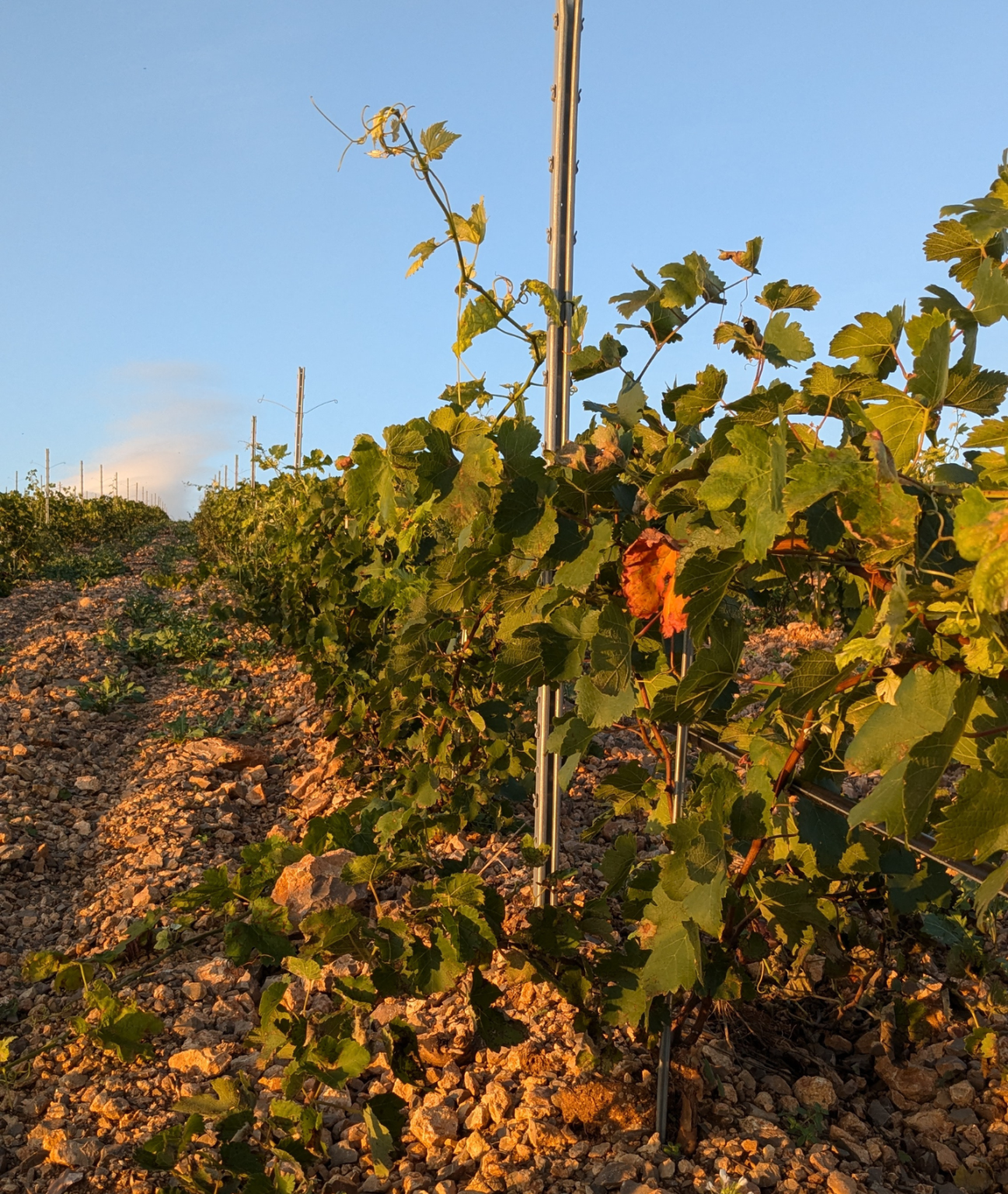
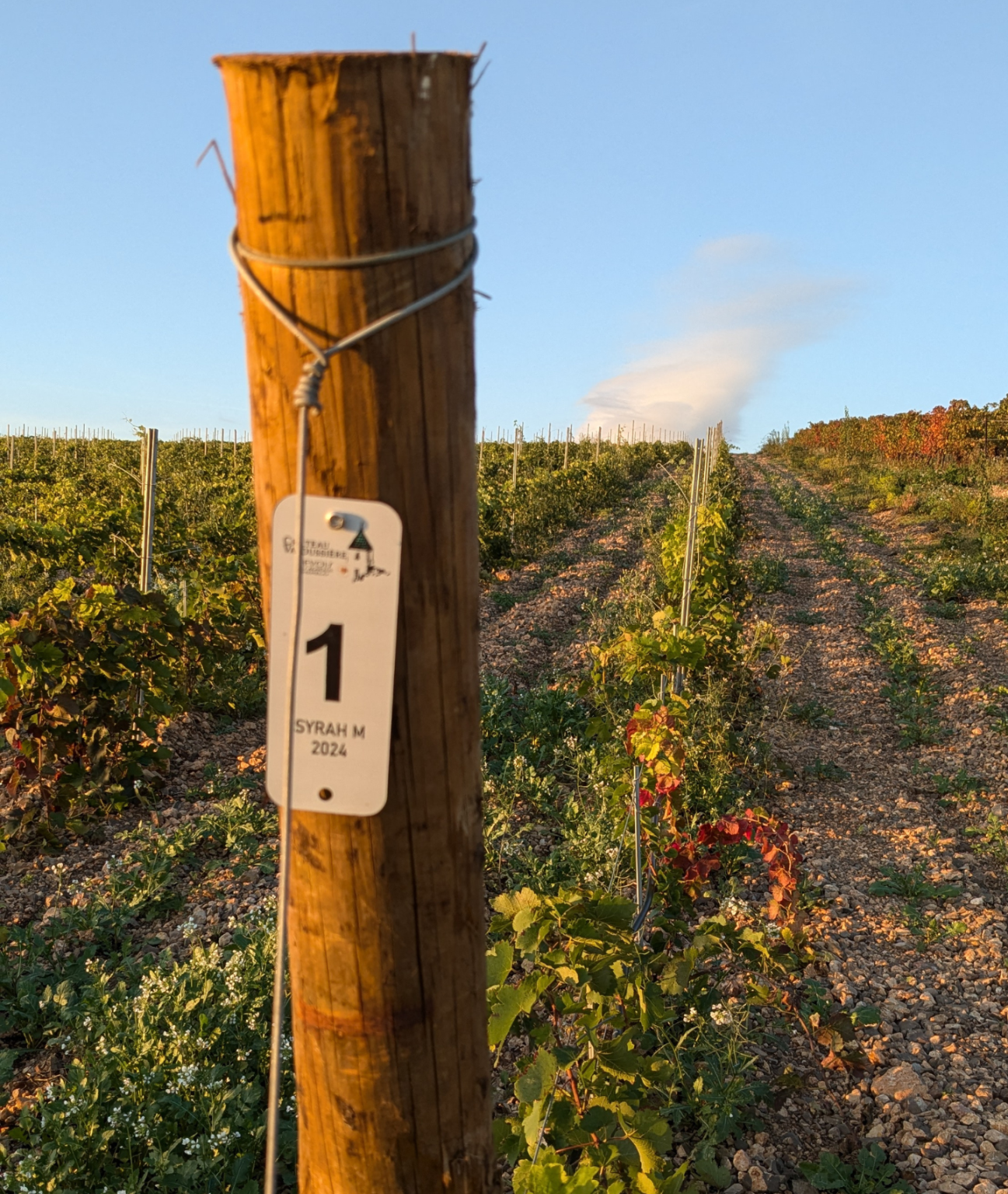
POPULATION CENSUS OF BATS
Using night-time recordings, we are taking stock of the bat populations (numbers and species) present on the estates and their habitats, with a view to developing the latter.
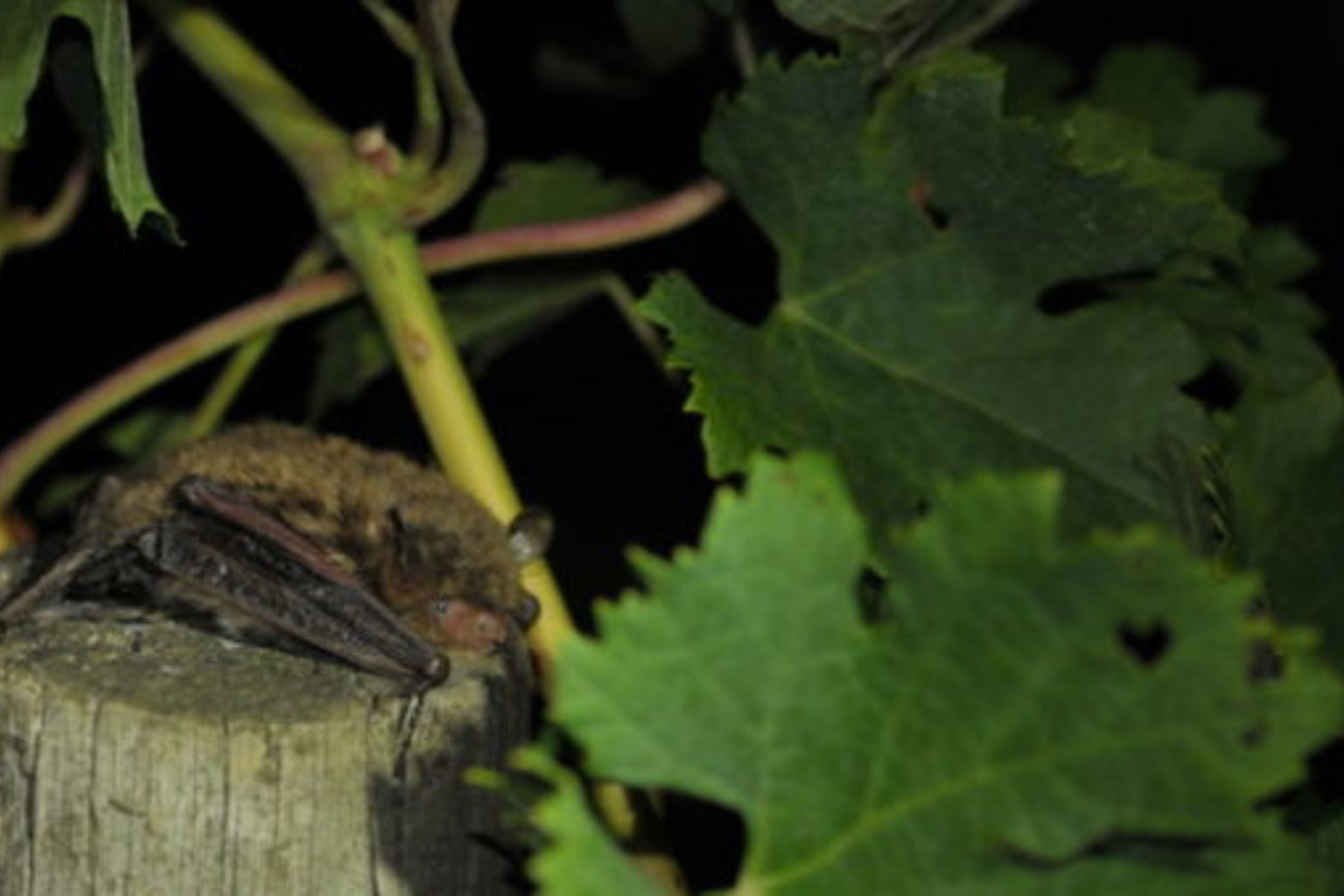
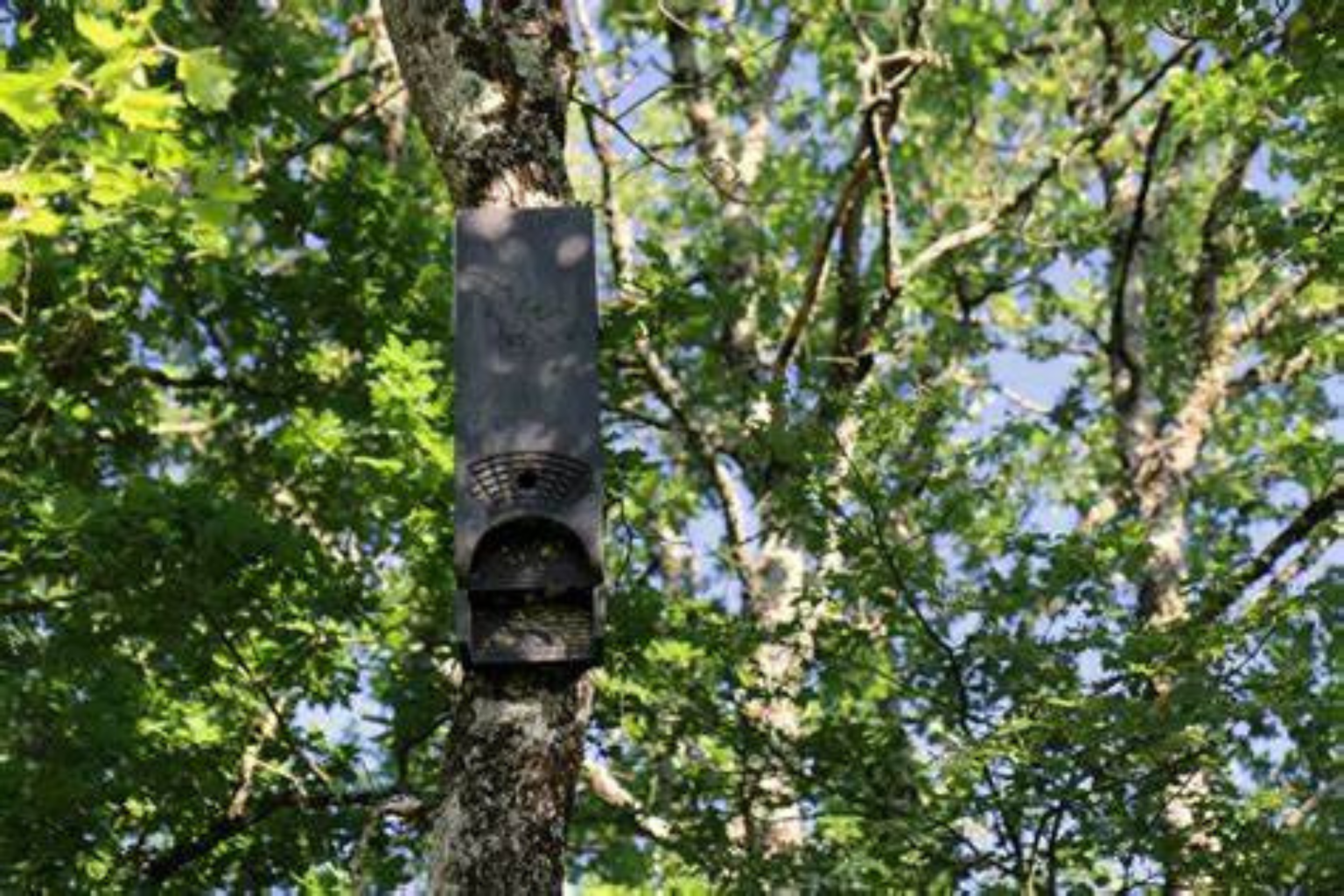
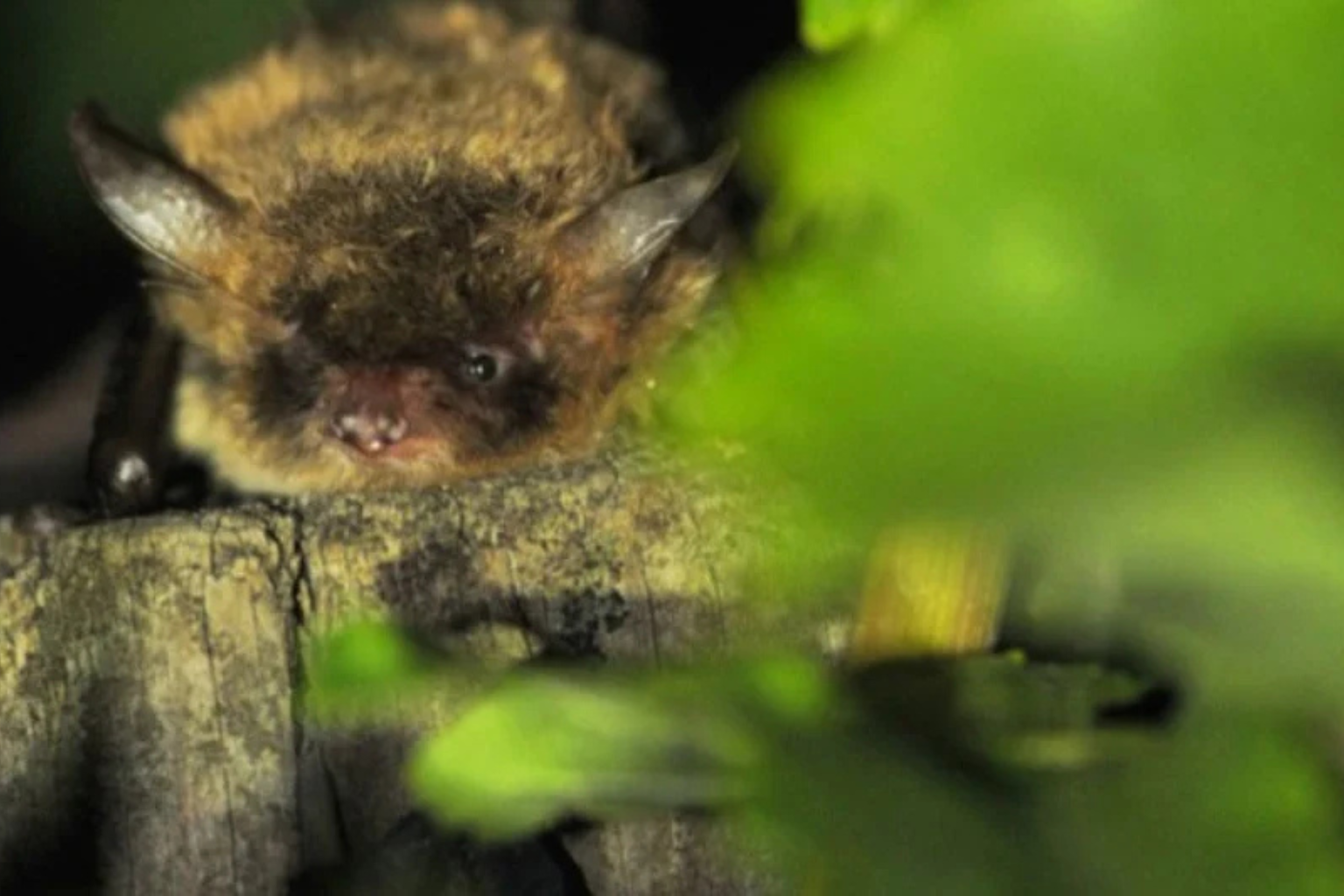
NO ADDED SULPHITES
In some of our cuvées, we do not add any sulphites during the winemaking process, to get as close as possible to the terroir.
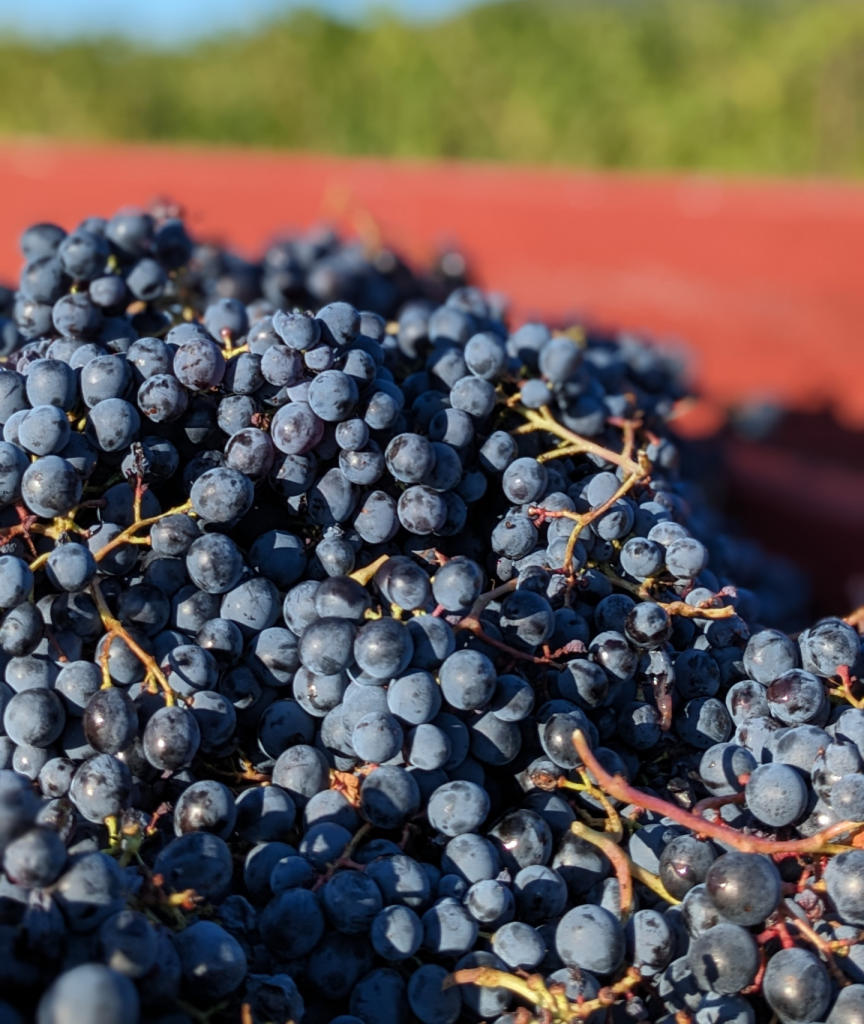
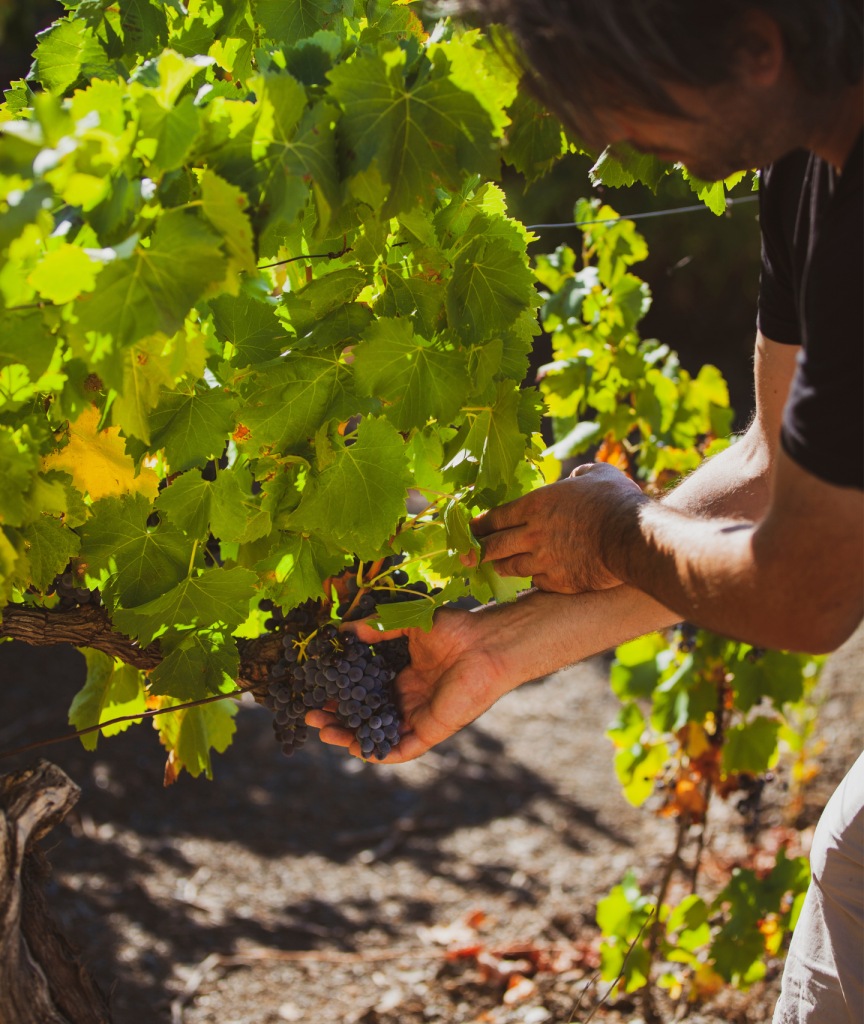
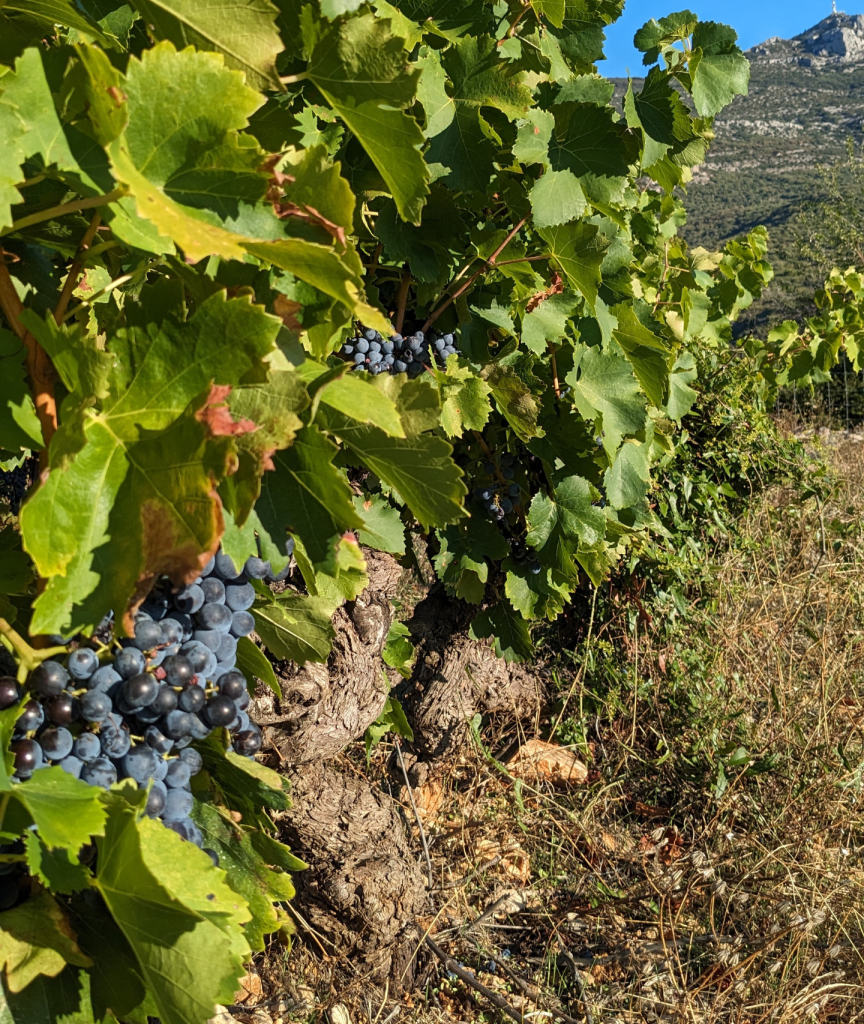
VEGAN
For some of our cuvées, we do not add any inputs of animal origin during vinification. This includes the exclusion of albumin, gelatine and isinglass.
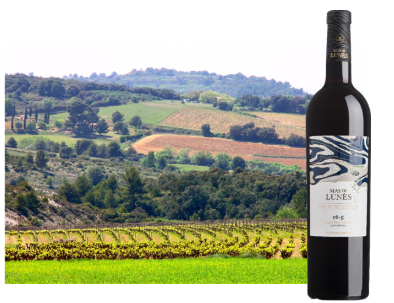
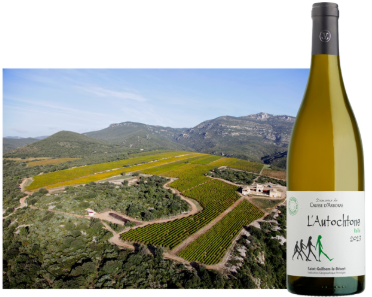
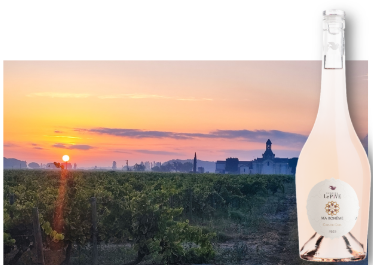
NO EONOLOGICAL INPUTS
These are vintages for which we ban the addition of natural ingredients such as pesticides or mineral fertilisers in the vineyard; instead, we focus on working the soil and fertilisation. No oenological inputs (enzymes, glues, etc.) are used in the winemaking process.
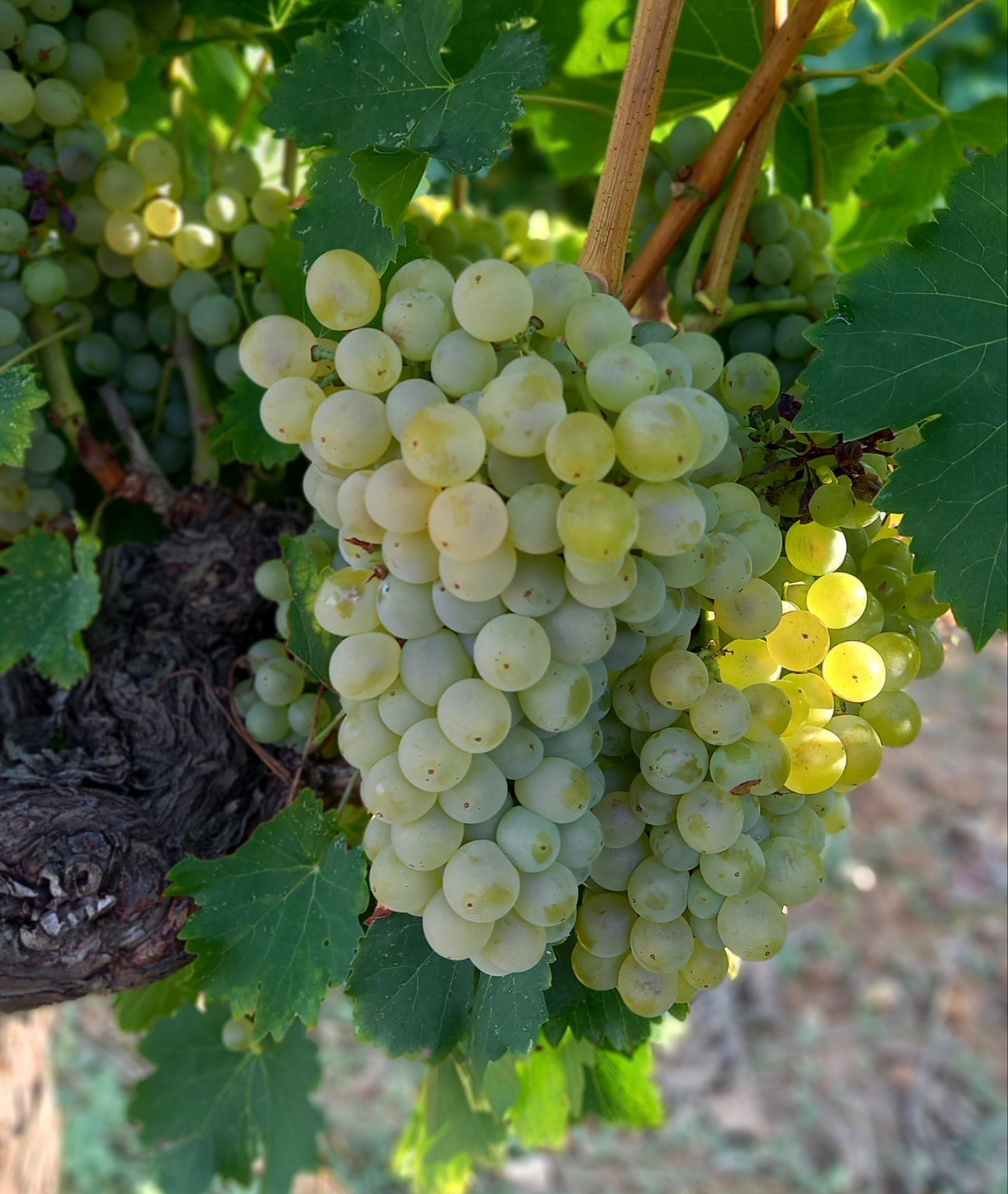
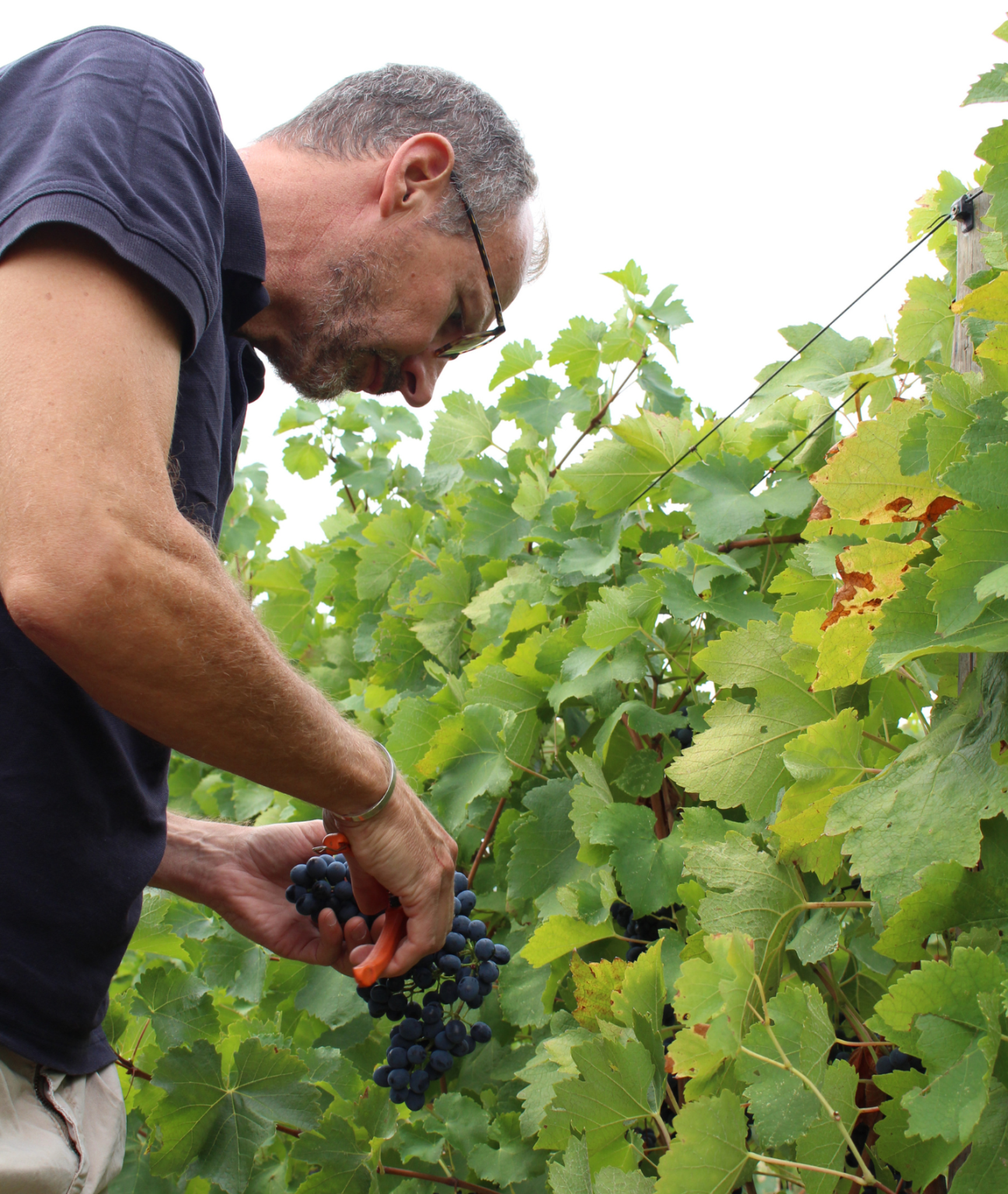
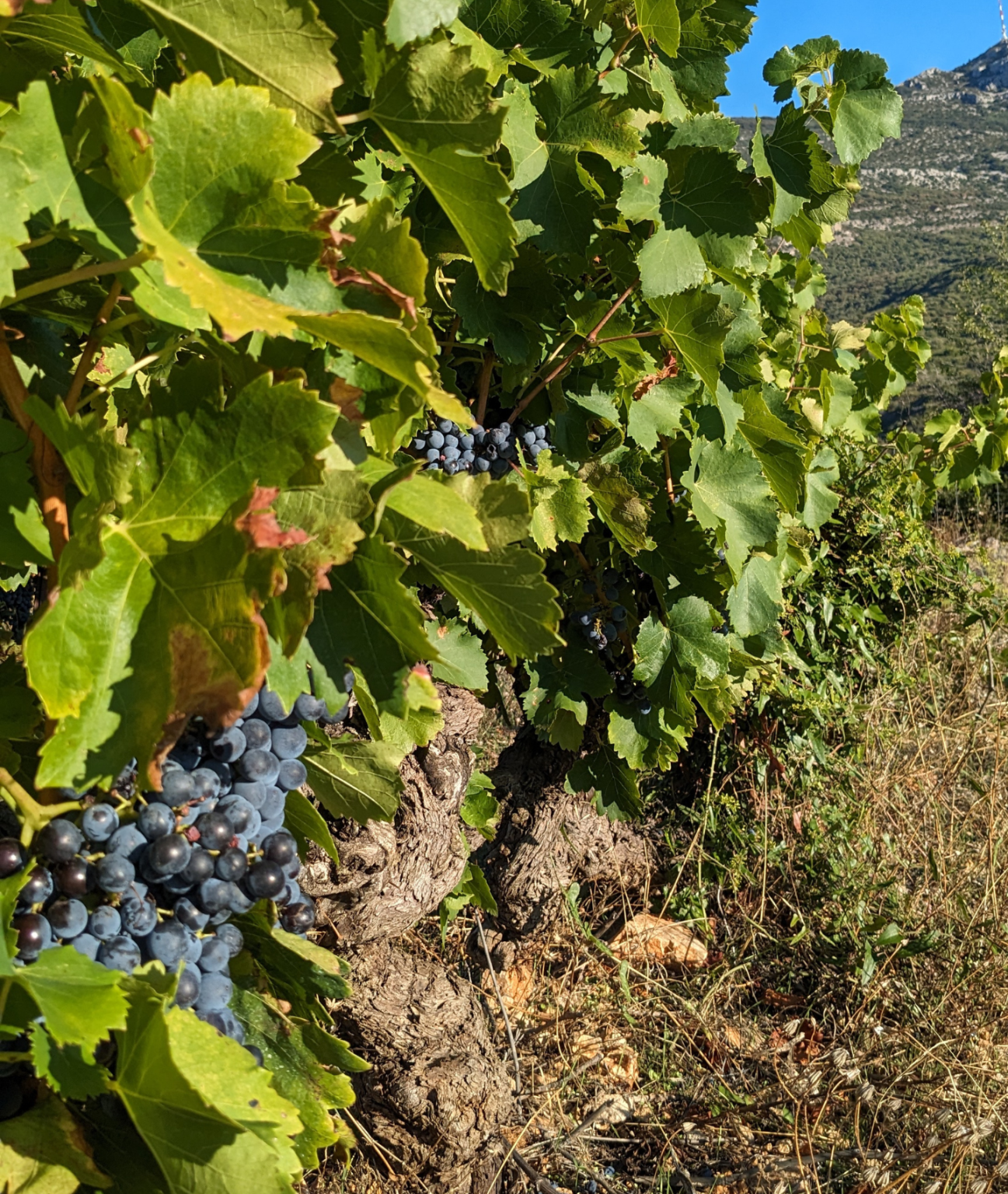
If you’d like to find out more about our estates, our commitments and our vintages, click here!
And if you would like more information about our agro-ecological practices, please don’t hesitate to contact us.
